Saskatchewan anglican
Qu’Appelle
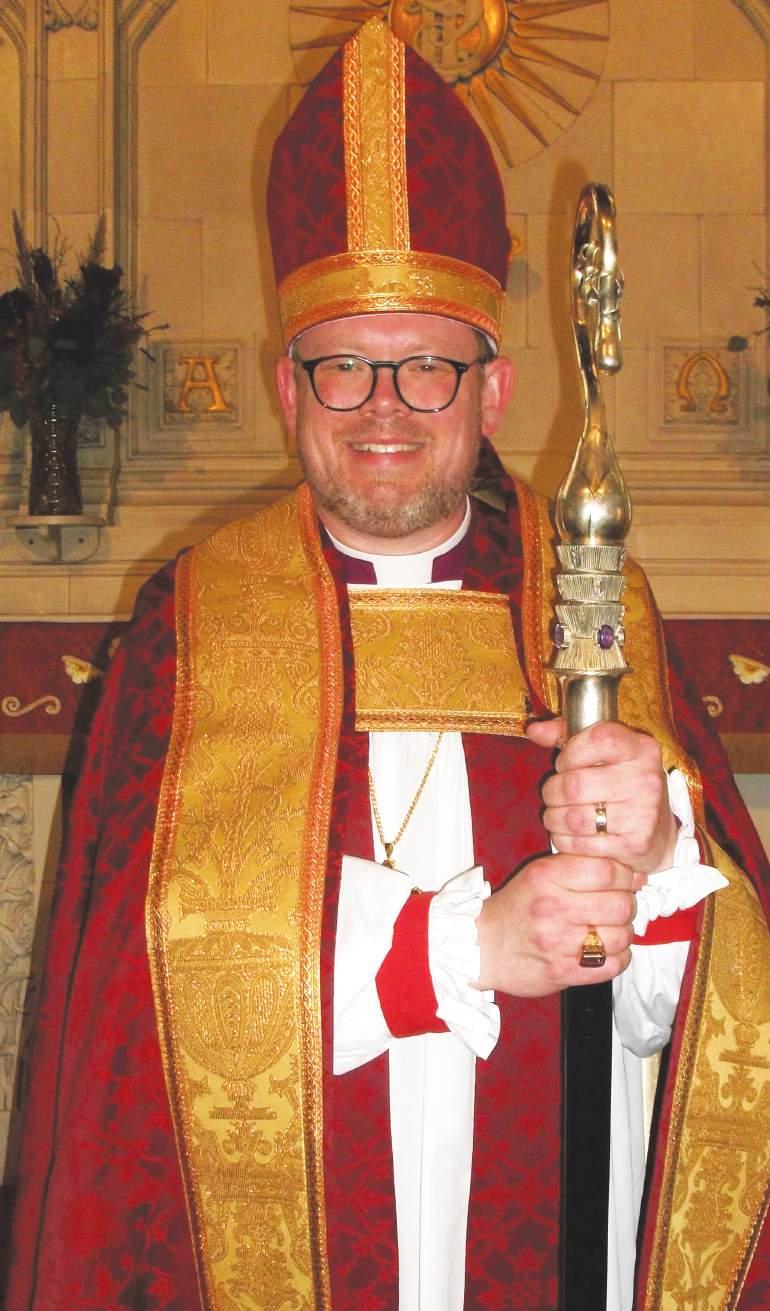
Presenting Saskatoon's new bishop
The newly consecrated and installed Bishop Chad McCharles stands at the altar in the Cathedral of St. John the Evangelist in Saskatoon. For full story and pictures, see page 6.
by


Qu’Appelle

The newly consecrated and installed Bishop Chad McCharles stands at the altar in the Cathedral of St. John the Evangelist in Saskatoon. For full story and pictures, see page 6.
by

By Joanne Shurvin-Martin
REGINA — The 85th session of the Synod of the Diocese of Qu’Appelle began May 22 and ended with Eucharist on May 25 at St. Paul’s Cathedral. The business sessions and worship on Thursday through Saturday were held at Immanuel Anglican Church.
The delegates heard a presentation about a new permanent trust fund called “Endowing Our Future.”
The endowment fund is intended to increase the capacity for mission and ministry (particularly in parishes) by reducing Fair Share assessments.
It would be a permanent diocesan trust fund, which means that the principal cannot be used without synod’s permission. The accumulated returns, including interest and dividends, would be applied annually to offset Fair Share assessments.
Donations to the fund would be invited from parishes, congregations, former Anglicans no longer associated with any parish, as well as other individuals and businesses. In addition, some dormant church properties could be sold, with proceeds going into the fund.
Background information showed that if 1,000 current identifiable givers each gave $1,000 it would generate $1 million. At five per cent interest, that would general $50,000, which would reduce each parish’s Fair Share by 12 per cent.
The parishes would, therefore, have more money to spend on mission and ministry in their own areas.
To completely eliminate
Fair Shares, the fund would need an investment of $8 million, assuming five per cent interest.
After the presentation, there was much discussion, with people speaking in favour and against this new funding plan. Some delegates were concerned that if Fair Shares were completely eliminated, individual parishes would not feel a connection to their diocese.
Another delegate said that in the current economic climate, assuming five per cent interest was overly optimistic. The wording of the motion was changed from “replacing” to “reducing” Fair Share payments from parishes to the diocese.
The amended motion passed, and the new fund will begin as soon as possible.
One of the main pieces of business at Synod was to approve amendments to the diocesan canons, constitution and regulations. These are the rules under which the diocese operates. The last major revision was in 1999.
Marie Franc Menc, at her first synod since being appointed chancellor of the diocese, explained why the many changes were needed. In some cases the previous wording was confusing or contradictory, and in some places a canon had been changed but not the corresponding regulations. In other cases, such as membership of committees, the canon or regulation listed a diocesan position which has since been eliminated.
Delegates had received a “red-line” copy of the
Continued on page 12

What spiritual tools help you diffuse anger, both your own and others' directed at you?
By the Rev. Dr. Laura Marie Piotrowicz
When I first read this month’s topic, I pondered the answers that came easiest: how to dispel anger? Pray!
Taking some time to delve into prayer allows the focus to return to the desire to be in community with one another and with God, to build up the kin-dom, to return to our baptismal covenant of seeking unity, even among diversity.
As Galatians 5:25 reminds us, “I f we live by the Spirit, let us also be guided by the Spirit”, and this is the Spirit that grants us the spiritual fruits that inspire healthy relationship and interactions.
Galatians 5:22-23 details these fruits as love, joy, peace, patience, kindness, generosity, faithfulness, gentleness, and self-control. When we practise and apply these fruits to our situations, they can help us to respond to the tension in appropriate ways, not just react from our place of anger.
Alternatively, there are countless suggestions for anger management while in immediate conflict, such as taking a deep breath before engaging. In that moment the logical part of our brain can catch up to the amygdala (or emotion centre).
This gives us the temporary reprieve to consider the consequences of our replies, where we can consider the larger impact of how we choose

to take the interaction forward.
This pause can feel like the “selah” in so many Psalms (3, 4, 9, 20, and others), where that one word invites a holy pause to contemplate and consider what has been shared, prior to moving deeper.
In heated discussions, a pause or Selah may mean an intentional break in the conversation: naming that need for a cool down period in order to return with calmer hearts and minds to the issue at hand.
In some cases, however, when I find that my anger has been roused by a more systematic issue, that anger can be a catalyst for action. I consider the description of Jesus’ righteous anger in driving the moneychangers out of the Temple (John 2:13ff).
My attention catches
on John 2:15, where Jesus makes the whip out of cords; an activity that would have taken time and effort in its handiwork. Jesus didn’t pick something up in the heat of the moment and lash out in anger, He made a calculated and careful response to an intolerable situation.
In my life, when I am angered by injustice, disparity, heartlessness, etc., I seek ways to channel that energy. Not into an aggressiveness that doesn’t serve any discernable purpose, but an intentional application of that energy that has churned within me to fuel the work towards equality and justice.
Especially in contexts that are much larger than any one person (climate change, gender inequality, racism, and others), the anger can encourage
me to find healthy and helpful outlets to serve in a broader context.
In these cases, I find it helpful (and important) to connect with other people to ensure that my desired action is going to be helpful and constructive, and not just incendiary.
I want my energy not to be caught in an echo chamber of my own opinion, but to be used for good, and so I can volunteer with the Human Trafficking Awareness Campaign, or donate to the food bank, or educate myself in local indigenous history, or assist in a riverbank trash pickup, or … the ideas are endless, and the outcome is positive.
The emotion of anger itself does not carry a value. It is neither good nor bad. It’s what we do with that anger that shows who we are.



Published by the Dioceses of Saskatchewan, Saskatoon and Qu’Appelle. Published monthly except for July and August.
Whole No. 292, Vol. 54 No. 1
A Section of the Anglican Journal
SUBSCRIPTIONS
For change of address, undeliverable copies and subscription list updates, contact:
• Your parish
• e-mail: circulation @national.anglican.ca
• Or send to Saskatchewan Anglican, c/o Anglican Journal, 80 Hayden Street, Toronto, Ont. M4Y 3G2
RATES $10 in Canada $17 outside Canada
SUBMISSIONS
Submissions for the November issue must be received by the diocesan editor no later than Sept. 26 All pictures must be sent as JPEGS and 1 MB (megabyte) in size.
CONTACT
INFORMATION
Managing Editor: Jason Antonio SKAnglicanEditor@gmail. com 1501 College Ave Regina, Sask., S4P 1B8 Phone: 306-737-4898
Qu’Appelle: Joanne Shurvin-Martin joannesm@myaccess.ca 6927 Farrell Bay Regina, Sask., S4X 3V4 Phone: 306-775-2629
Saskatoon: Rev. Peter Coolen ptrcoolen@sasktel.net 820 Avenue I South, Saskatoon, Sask., S7M 1Z3 Phone: 306-244-0935,
By Rev. Dell Bornowsky
What spiritual tools help you diffuse anger — your own and others’ directed at you?
Several issues ago I wrote of our need to navigate between bad kinds of fear and the good kind of fear that Jesus recommends. Our thinking about
anger may also benefit from understanding that along with many bad kinds of anger, there just might be a good kind of anger. If there is a good kind of anger, it is most likely the kind that comes from love.
God has good reasons to be angry about cruelty and brutality among humans. If we are in sync with the love and wrath of
God we are also likely to be angry about injustice. Unfortunately, not all kinds of human anger are justifiable in this way, and even anger that begins with a valid reason can, in its outworking, often end up doing more harm than good.
Most succinctly the Apostle James declares: Human anger does not accomplish God’s
righteousness (NET) or God’s saving justice is never served by human anger (NJB) (James 1:20).
However, as far as a method or “spiritual tool” for dealing with such anger, the New Testament offers little more than numerous exhortations to put away, or put off or simply get rid of anger. What can we do to
Continued on page 8
Saskatchewan: Mary Brown mary1949brown@gmail.com Box 25, Shellbrook, Sask., S0J 2E0 306-922-5159
Advertising agent: Angela Rush saskatchewan.anglican.ads@ gmail.com 905-630-0390
PUBLISHING DETAILS
Published from 59 Roberts Place Regina, Sask., S4T 6K5
By Bishop Helen Kennedy
For many years I worked with an organization in Winnipeg that cared for troubled youths, predominantly girls. One of the highlights every year was going to camp, situated at Winnipeg Beach.
It was not just a highlight for the youths, but also for the staff because of the transformation we saw. There we got to see the girls be away from the pressures of the city and become children again. They would be playing in the sand, wandering along the beach and enjoying the waves wash over their feet. The girls were softer in spirit and could let go of their troubles for a while.
Creation and being out in nature has a unique way of inspiring deep feelings within us all.
Our indigenous brothers and sisters understand the interconnectedness of all living things and have lots to teach about living more closely and in tune with the land; revering nature and recognizing it as a manifestation of the divine.
As humanity is part of the created order, when surrounded by nature we can gain insights into the greater purpose of our lives and the world around us, strengthening our relationship with God.
The noise is different, the air is different, allowing for our perspectives to change.
Over the summer, I spent a week out at Camp Harding, and the woods have a similar effect to the beach, just being out in nature gives us unfettered access to God. The serene environment of forests


invites us to experience a sense of peace and spirituality that can be difficult to find in the chaos of daily city life.
Being surrounded by the tall Lodgepole Pine trees, having the daily visit of the deer and her two fawns, along with the sound of rustling leaves, creates a peaceful atmosphere that allows the Spirit to do its work in us.
Camp is not just a beautiful setting to connect with God, but it is also a place where community is built. In an era marked by an ever-connected digital landscape, it is easy to assume that human
connectivity is at an alltime high.
It seems, however, that many young people find themselves feeling more isolated than ever.
There is a longing for relationships and support systems that only community can provide. Being in community is vital for our personal wellbeing as well as societal health. We need our friends and our people.
Those who engage in community activities often report lower levels of anxiety and depression.
The sense of belonging that comes from being part of a group provides emotional support and a sense of identity and purpose.
Communities contribute to the greater good, they ignite passions, inspire creativity, and encourage collaboration, ultimately leading to a more enriched life.
A strong community is an inclusive one that celebrates differences and invites dialogue among various cultural, racial,
and social groups.
These interactions foster understanding and empathy while breaking down barriers that often lead to conflict and division. By cultivating an inclusive environment, communities not only enhance the quality of life for their own people but also contribute to a more harmonious society; in other words, we learn to become the kingdom of God.
Throughout the week the young people who joined me and the other leaders had a twofold experience.
Firstly, to relax and detach from the routine of regular life, we had time to walk in the woods, to go to the lake, to watch the night sky (without light pollution), and sit and chat around the campfire.
We did church in ‘St. Mary’s in the Pines’ (the outdoor chapel) and connected with God in a different way.
And we built community, through a program of “Running the
Race.” Using the letter of Paul to the Corinthians, we created some interesting fun challenges to bring this message alive.
During the week they built trust, relied on each other, made decisions about helping others over satisfying their own needs, and they created a rich community experience, celebrating the accomplishments of each other along the way. So, if you get a chance to either be a camper or help out at a camp, please go. Or if there is the opportunity for your child or grandchild to attend a camp, please send them and don’t be frightened to ask for financial help from either your church or the diocese.
Just being there provides an opportunity for reflection and spiritual growth, it creates a sense of awe and gratitude of our faith and the world and can be a vital step towards nurturing the spirit and connecting with God. It’s also a lot of fun!

By Rev. Perry W. Siddons
Editor’s note: The Rev. Perry W. Siddons is an honorary assistant at St. Stephen’s, Saskatoon and works as a writer for Power to Change — Students. You can find more of his work at www.linktr.ee/perry.p2c
SASKATOON — This past winter I started taking French classes, as I’ve wanted to learn Canada’s second official language for some time now.
Learning a new language has caused me to feel like a fish out of water; it just does not come naturally for
me. Before every class I feel so nervous about participating, fearing I will sound like an idiot, but I muster up the courage to try, and take failure as an opportunity for learning.
Reading, studying, and interpreting the Scriptures may cause you to have the
same kind of anxiety that I have while trying to learn a new language. (Learning to understand the Scriptures is kind of like learning a new language anyway.) Some people think they can’t make an educated interpretation of a Bible passage or verse
Continued on page 5
g Saskatchewan Anglican online! Did you know you can read current and past issues of the Sask. Anglican online?
Visit www.anglicandiocesesaskatoon.com/saskanglican or on Facebook at www.facebook.com/saskatchewananglican
g Licentiate in Theology Courses offered by College of Emmanuel and St. Chad and Western Education Collaborative Anglican Network (W.E.C.A.N.):
ESC has been working with the WECAN group to develop a ministry preparation program relevant to the various Anglican contexts in Western Canada.
The local diocesan ministry schools make substantial contributions to the program by offering courses mapped out in the ESC-WECAN Licentiate in Theology handbook.
Whether you are feeling called to do more formal ministry or are drawn to taking certain courses, please contact the person named for the course or courses you are interested in doing.
Also, let your diocesan school co-ordinator know your plans. If interested, please review the detailed list of fall and winter course located elsewhere in this issue.
g Mentors and Instructors Wanted: Mentors and instructors are sought for the students enrolled in the College of Emmanuel and St. Chad and the Western Education
Collaborative Anglican Network’s (WECAN) Licentiate in Theology. Retired clergy would be warmly welcome to serve as mentors or teachers. Mentors do not need to be clergy.
People with teaching experience and respected in their faith communities, with a knowledge base in a relevant subject matter, are welcome to serve as instructors.
For more information, contact Rev. Dr. Trish McCarthy at trish. mccarthy@saskatoon theologicalunion.ca.
g ERRATA: In several past issues of the Saskatchewan Anglican it was announced, in error, that Elliott Lou would take over the co-ordination of the Saskatoon Anglican School of Discipleship from the Rev. Dr. Trish McCarthy. This was incorrect and we apologize for any inconvenience this may have caused.
g Christ Church Anglican, Saskatoon: Celtic Eucharist, Tuesday at 7:00 p.m.; Community Free Supper, 5:00 to 7:00 p.m., (once per month, usually third Tuesday, 5-7 pm. check for dates and times); Community Coffee House, every Wednesday, 10:00 a.m. to noon.
Also, Nutflakes Videos (video lending library), Friday and Saturday 11:00 a.m. to 2:00 p.m.; Free Bread Program, Friday mornings; Men's Shed meetings, Thursdays, 7 p.m.
g Courses at the Refinery: The Refinery at Emmanuel Anglican Parish is offering a series of courses during the Winter 2024 season on a variety of subjects including painting and various other art media, Zumba, and various spiritual and meditative modalities.
The “Painting Table” is held in the lower parish hall, from 7:00 to 8:30 p.m., the first Wednesday of each month. All art materials are supplied.
For more information on the various courses offered or the “Painting Table” or to register, please contact the Refinery at: www.emmanuelrefinery.org or 306 653-3549.
g Fall Lutheran Anglican Gathering 2025: The Fall Lutheran Anglican Gathering (FLAG) 2025 will happen Tuesday, Sept. 23 to Thursday, Sept. 25, at Temple Gardens, Moose Jaw.
The guest speaker this year is Rev. Dr. Kyle Schiefelbein-Guerrero with the topic “Interconnected Leading with/ for an Ever-changing Church.” Information on registration may be obtained from the Saskatchewan Synod ELCIC.
g Refugee Luncheon for the Bishop: The Refugee Program will be holding a welcoming luncheon for our new bishop at 11:30 a.m. on Monday, Sept. 1. Information for the purchase of tickets and the location of the event
was not available as of the printing deadline. Information may be obtained by contacting Tigist Gebeyehu K, refugee co-ordinator at 306-371-3464 or refugeessaskatoon@ sasktel.net.
g L.A.W. Retreat Day is Coming: The annual Lutheran Anglican Women’s Retreat Day will be held at Redeemer Lutheran Church, Saskatoon on Oct. 18. The theme for this year’s meeting is “Christ Be Our Light”; the speaker will be Rev. Dr. Ann Salmon. Cost is $20.00/person (please bring your own lunch). To register please contact Bev Otsuka at bevotsuka@gmail.com.
g Hospital
Chaplaincy: A friendly reminder to all Anglicans who find themselves being admitted to any hospital in Saskatchewan. Upon being admitted you are to be asked if you wish to be identified according to your denominational affiliation.
Until recently, this info was permanently kept on your personal hospital record. But due to changes with the SHA, this is no longer so. Unless this data is registered every time you are admitted, the local hospital chaplaincy may not know that you are in hospital.
Of course, you can ask your nurse or family
to contact your local chaplain at any time; that is the surest way to get a visit during your stay in hospital.
g Bishop Vestment Fund: A fund has been established to help Bishop Chad to purchase items to properly outfit him for his episcopal office. Tax-deductible donations to this fund can be made via cheque mailed to the Synod office or via e-transfer to anglicansynod@sasktel. net, with VESTMENT FUNDRAISER in the subject line.
g Consecration of the Rev. Father Chad McCharles as the 14th Bishop of Saskatoon: The episcopal consecration of Bishop-elect Chad McCharles as the 14th Bishop of the Diocese of Saskatoon was held on June 14 at the Cathedral of St. John the Evangelist. Photos and story of this are featured elsewhere in this issue.
g To be included in a timely manner, notices should be supplied to the associate editor by fax, email or “snail mail” by the end of the month, one month before the month in which the insertion is desired (i.e. February entries will be in the April issue). Detailed and longer texts will not be included here, but should space allow, could be the subject of articles and notices elsewhere in the Saskatchewan Anglican.
g Congratulations to the Rev. Deacon David Zulkoskey who convocated with a Licentiate in Theology on May 15. This completes his three-year journey at Huron College, London, Ont. He looks forward to using his education in his ministry in the Diocese of Saskatchewan.
g It is with great joy that Bishop Rick announces the appointment of Dr. Matthew Hoskin
as incumbent of St. David’s Church, Prince Albert, Emmanuel, St. Louis and St. Stephen’s, MacDowall effective Oct. 1.
Matthew is married to Jennifer, and they have two young sons Killian and Marcus. He is one of Archdeacon Emeritus Andrew and Mary Lou Hoskin’s sons. They will arrive at the end of September, and he will be ordained as deacon thereafter.
g Nominations for the Order of Saskatchewan can be made to the diocese and orders will be awarded to those lay people nominated who are exemplary witnesses to Jesus Christ and have offered exceptional service to the diocese.
To request a nomination form or for more information, please contact the Synod Office
g Order of Saskatchewan medallions will be
presented at the upcoming diocesan synod on Oct. 3 and 4.
g The diocesan archives are searching for volunteers with a desire to help in cataloguing, preserving and managing valuable collections of historical information, and assist other in their search for baptism, marriage and burial records. They are flexible in the time commitment and provide opportunities
for training! If you could share four to six hours, or a morning/afternoon a week (more or less) please contact the Synod Office (306-763-2455) for more information.
g Congratulations to Dr. Gary Graber, who is the new principal of Packer College in Brooklyn, N.Y. As academic dean, he helped shape the college’s curriculum and educational standards, and will continue in this role.

choir for more than 60 years. Photo by Angie Friedrich
By Angie Friedrich
REGINA — Margaret Ball was known for her extensive vocal range by the age of seven when she was taken out of her class to sing choral music with selected students at the Yorkton Music Festival. After, she was chosen to sing in the soprano section of various choirs in Regina and Yorkton.
Margaret began to sing with church choirs at the age of 13, and was the only girl in the Holy Trinity Anglican Church choir. At the time, only confirmed members were allowed to join the senior choir.
At 13, she was considered too young to be confirmed so a special request was made for Margaret to be an “apprentice” in the soprano section until she was confirmed. Permission was granted and she has never looked back.
In 1957, Margaret moved to Regina to complete grades 11 and 12 at Qu’Appelle Diocesan School (later named St. Chad’s Girls School) where she sang with two
school choirs and the St. Paul’s Pro-Cathedral Choir under the direction Stanley Farnsworth. She returned to Yorkton after graduation but returned to Regina in 1965 where she once again sang with her sisters in the St. Paul’s choir.
After Margaret’s sister passed away in October 1982, Margaret struggled emotionally singing with the St. Paul’s choir so moved to the St. Peter’s Anglican Church choir for a short period of time while still maintaining her Altar Guild duties at St. Paul’s.
Margaret returned to the St. Paul’s choir in June 1984 and has remained a faithful member ever since.
Over the 60 years of Margaret’s association with the St. Paul’s choir, she has sung under every bishop since Bishop Michael Coleman, eight deans of the diocese and many assistants and visiting clergy.
She has seen three major changes of hymnals, three changes of psalters as well as many changes of music directors and
accompanists. She has sung at too many events to mention but highlights include singing with a mass choir during the visit of the Archbishop of Canterbury in the 1960s, the St. Paul’s choir for two separate royal visits from HRH Princess Alexandra and HRH Princess Anne, and in Saskatoon when St. Paul’s joined with the Saskatoon choir to celebrate the visit of Queen Elizabeth II and Prince Phillip.
In 1991, Margaret travelled overseas with the St. Paul’s choir to step into the position of the cathedral choir for one abbey and three cathedrals in England: the Shrewsbury Abbey, Lichfield Cathedral, Christ Church Cathedral in Oxford, and Chichester Cathedral.
Of all the memorable events that Margaret has been involved in, her most cherished memories continue to be the joy of singing and praising in worship, the experience of learning so many new pieces of music and the creation of wonderful friendships throughout the years.
Continued from page 3 because they haven’t been to seminary. Whatever our fears may be about trying to read and understand the Scripture, it does take some courage to open the Scriptures for ourselves and read them, because we may get it wrong. We may get confused and uncomfortable with stories and ideas that do not make sense, particularly in our 21st century context, according to our modern sensibilities.
The Bible is a whole different world than our own, not only with locations unfamiliar to us, but words and concepts like “salvation,” “justification,” “antichrist,” “propitiation,” etc. (I’m sure you have a long list of biblical words you don’t really understand.) It can feel daunting,
therefore, to take up and read! How can we “read, mark, learn and inwardly digest” an ancient text that is somewhat hard to read? Let’s be honest with ourselves: Nobody said this was going to be easy. But it’s probably not as hard as we think. The hardest part, like anything in life worth pursuing, is the resolve to just do it! And to push through day by day.
The more you read, I believe, the more you’ll come to understand.
Having courage is so important, as is believing that you can read and understand the Scriptures, especially if you’re convinced they’re important to read and study. Afterall, they contain the words of life, right?
The first step for approaching the Scriptures is to have
courage, and the second step is the resolve to read a chunk of the Bible every day, or a few times in the week (a plan is necessary for this to actually happen).
The third step is to decide on a good, accessible Bible translation. The King James Version, though beautiful, is not the most conducive for daily Bible reading, as the KJV is its own world too.
I sometimes scratch my head at the language used in this 17th century translation. It’s a Bible of its time.
There are lots of good contemporary translations. (I’ve been enjoying reading Eugene Peterson’s paraphrase The Message lately.) Finding a translation that works for you is not difficult, as there are many, many versions available online.
Try the New International Version, or the English Standard Version (my go-to), or the New Living Translation. Read one that makes sense for you, and don’t be ashamed of the one you pick.
The fourth step is knowing where to start. The Gospels are good for spending long amounts of time in. The gift of our Anglican tradition is the Daily Office lectionary from either the Book of Common Prayer or Book of Alternative Services
Doing the work for you, the lectionaries set out what to read and when to read it, just like on Sunday mornings, but for every day too. I love following a lectionary!
There is a plethora of tools available to help make Bible reading easier, like commentaries on each book of the Bible, as well
as Bible dictionaries and other reference guides. Ask your priest, or any priest, or your bishop, or diocesan synod office. I’m sure somebody can help you!
If you’re able to find a group of people who are reading and studying the Bible together, that will be helpful for you in having a group to encourage you to keep going, and bring some illumination too, if you come with a willing and open mind.
Now, even if you get confused or angry while reading the Scriptures, that’s OK. Just keep pushing forward to find and meditate on the beautiful gems found therein: the very presence of Christ.
Finding and feeding on Jesus is the goal, right? So, find Him for yourself in the pages of Sacred Scripture!


By Rev. Peter Coolen
SASKATOON — On June 14 at the Cathedral of St. John the Evangelist, Saskatoon, the bishopelect Rev. Father Chad Daryl McCharles OSBCn was consecrated and installed as the 14th Bishop of the Anglican Diocese of Saskatoon.
The festive crowd that participated in and witnessed the service included the Acting Primate, Anne Germond; the Metropolitan of the Ecclesiastical Province of the Northern Lights,
the Most Rev. Greg Kerr Wilson; bishops and clergy from the diocese, from the ecclesiastical province and from across Canada and a number from other denominations including the Rev. Father Jack Rose OSBCn.
(Father Chad was a prior of the Benedictine community).
Others present included visiting family and friends of the Rev. Father and people from inside and outside of the diocese and both the provincial and diocesan chancellors.
The Most Rev. Gregg
Kerr-Wilson conducted the service while the Right Rev. Helen Kennedy, Bishop of Qu’Appelle, provided the homily.
The service began with the presentation, the reading of the certificate of election, promises by the bishop-elect, the signing of the oath, and the examination.
Then, the bishop-elect prostrated himself before the assembled bishops and the archbishop for prayer followed by the singing of Veni Creator Spiritus and the laying on of hands by the assembled bishops
and the archbishop on the bishop-elect.
This was followed by the anointing, on the hands and forehead of the new bishop with chrism by the archbishop and then the vesting and presentations of the symbols of office of a pectoral cross, episcopal ring, a cope, mitre, Bible, pastoral staff and holy oil.
Following the vesting, the archbishop, chancellor and senior clergy escorted the, now, Bishop Chad to the Cathedra where he was installed and then returned to the main body of the cathedral
where Bishop Chad was presented, by the archbishop to the assembly to joyous and prolonged applause.
The service of consecration and installation was followed by the Eucharist, conducted by the archbishop.
After the dismissal at the end of the service, formal and informal pictures at the steps of the chancel and the high altar took place, followed by a reception and lunch in the parish hall.
More pictures next page.
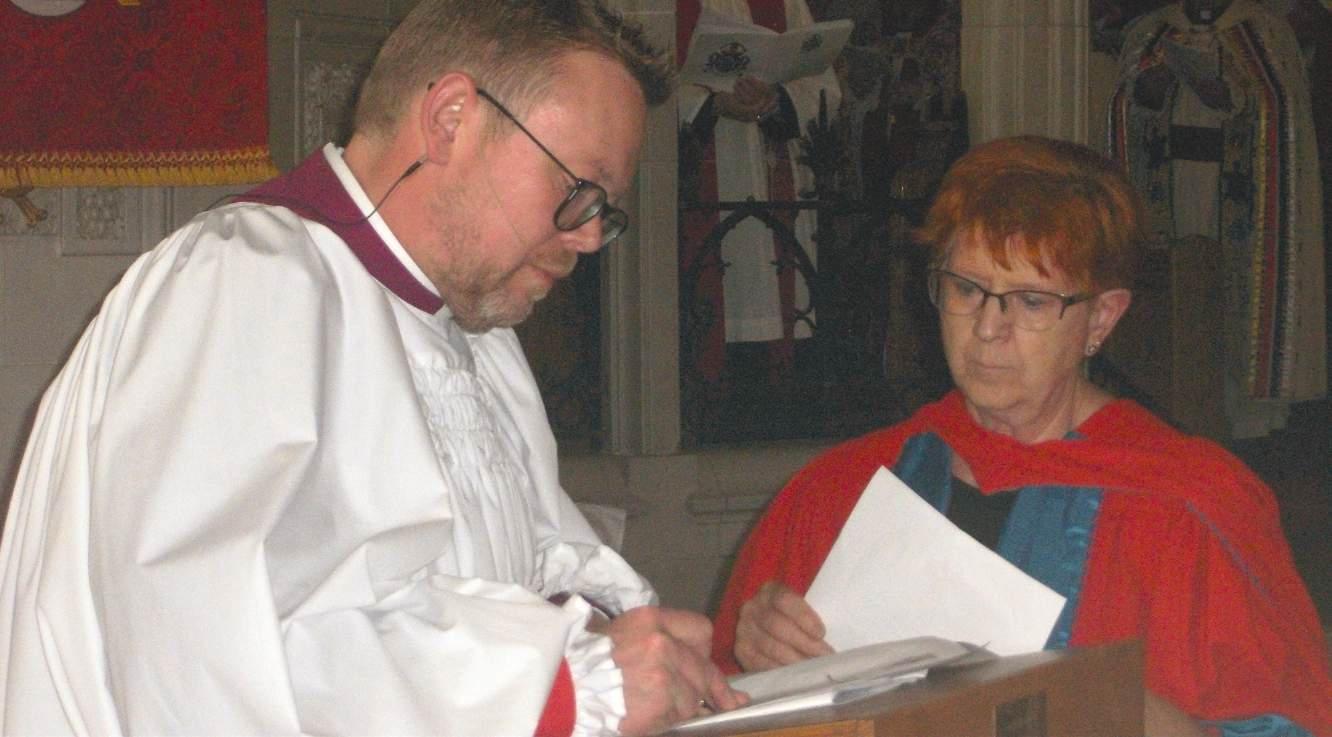
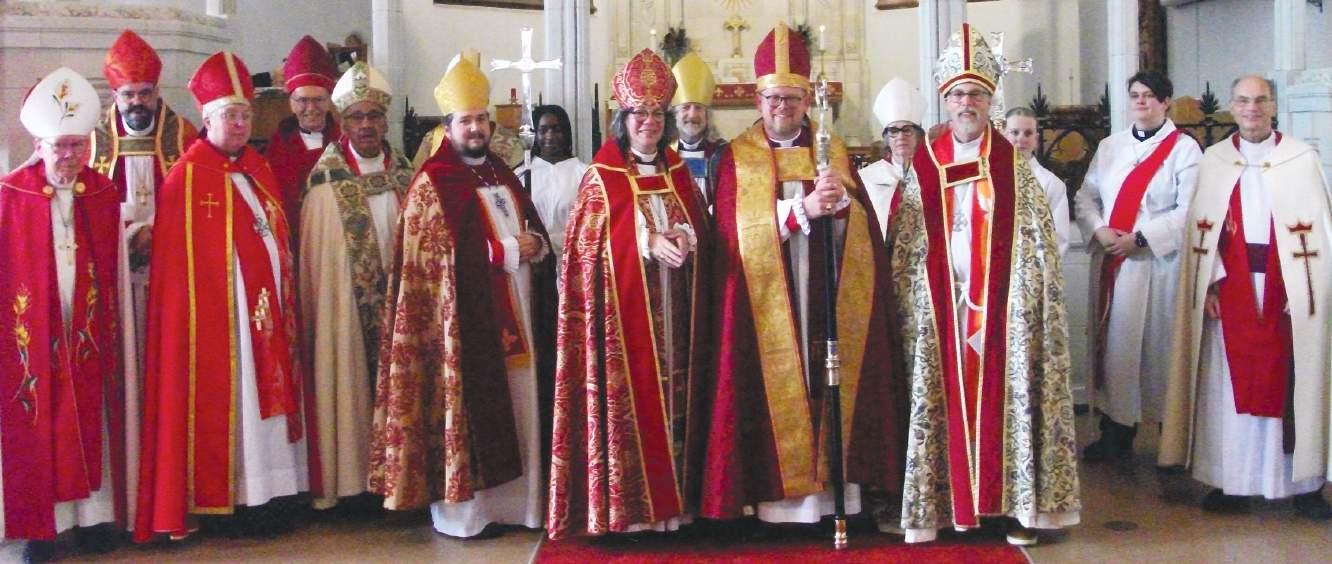
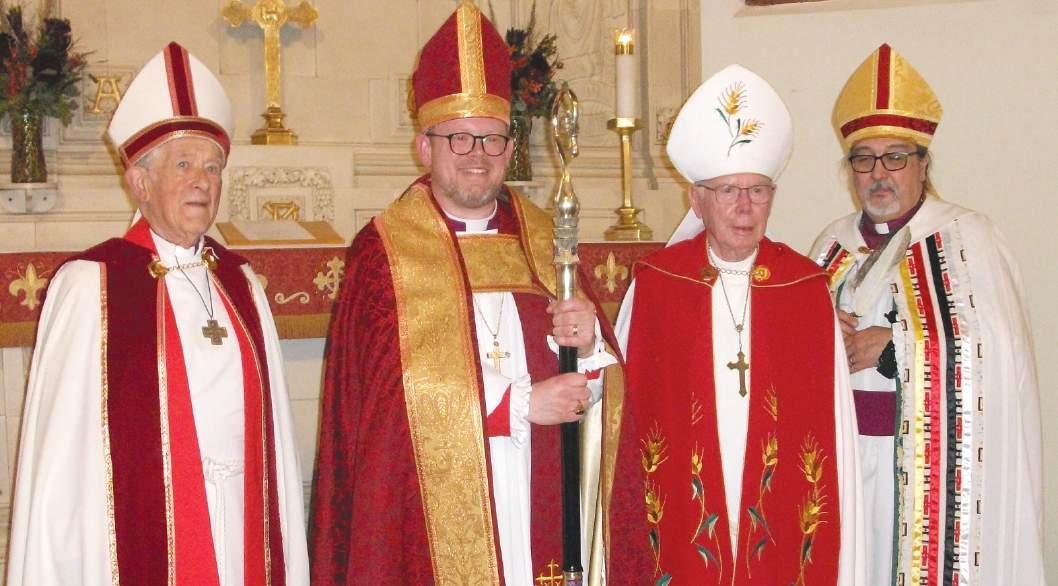
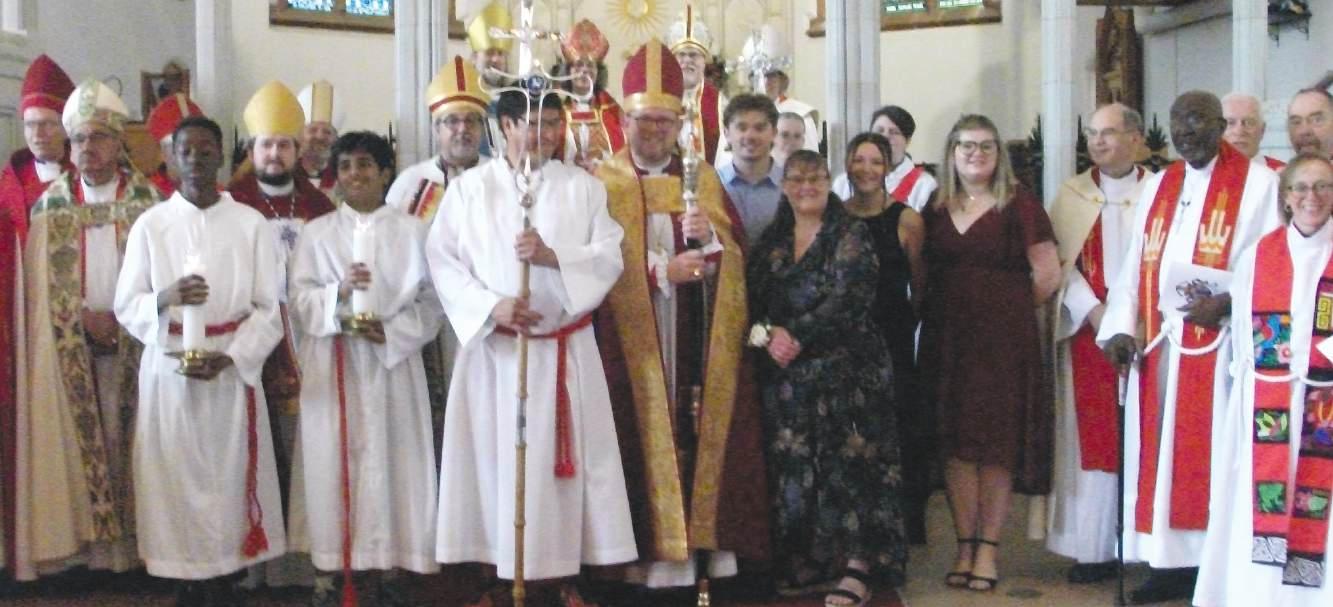

Continued from page 3 overcome the kinds of anger that are inappropriate and ineffective?
Some of us may have been raised in reactive families where it was usual and expected that particular circumstances would inevitably produce emotional and visceral anger.
In such cases, outbursts of anger are assumed to be so natural and unavoidable that it does not occur that any other response is even possible.
In this regard, Christians might learn a bit from the Stoics who teach that although we cannot control our circumstances, we at least can endeavour to control our responses to them.
For diffusing the anger of others directed toward us, Proverbs recommends a “soft or gentle answer” (15:1) and observes,
Interview conducted by Mary Brown
Pastor Sarah Urano is the minister for Partners in Worship in Shell Lake and Partners in Faith in Spiritwood. She and two parishioners were at the Prayer Conference in Waskiseu.
Favourite book of the Bible – Jonah (because of its satire and parallel call to her call story)
Birthplace – Saskatoon
What you love most about God – His unconditional love
Favourite place on Earth – on her yoga mat
though not necessarily recommends, in some cases perhaps even a bribe (21:14).
Here caution is advised lest habitual bullies use our gentleness and amenability as occasions for even further abuse.
On select occasions, we might even help the angry one by making light of the silliness of their anger, perhaps with a cutesy remark that they needn’t be such a “Grumpy-Gus.”
A possibility that at first may seem unlikely as tool for diffusing anger is simply having good theology about the sovereignty of God and the propensity of humans to be self-centred.
At risk of over simplification, living in light of a robust theology is similar to the psychological practice known as Cognitive Behaviour Therapy. It is natural that what we
know and trust enough to act on will affect our emotions and our behaviour and our habits.
The following suggestion may lack direct scriptural support but presents an interesting if ironic potential for dealing with anger.
There is a recurring theme in Proverbs that being slow to anger is a sign that a person has intelligence, good sense, understanding or wisdom (Hebrew sekel or tebunah,).
On the other hand, those who are easily offended and lose their temper are called fools.
If I think giving in to anger will make me look smart, I will look for occasions to lose my temper. But instead, if I recognize that outbursts of anger make me look like a dysfunctional fool, I may be motivated by my
own pride to try to control my temper, especially if my social setting cooperates.
The irony is the attempt to use one form of impiety (vanity) to overcome another form of impiety (being hot tempered).
Plus, if my anger has already indicated my basic foolishness, I may not be smart enough to pull off this sort of reverse psychology on myself.
This approach may also fail in the present cultural trend toward narcissism, in which I not only don’t care what others think of me but don’t care if my opinions have any support other than my choice to believe them.
Nevertheless, changing what we think and believe about ourselves to a more realistic picture of the participation of God in our daily lives will enable us to better overcome our assorted dysfunctions.
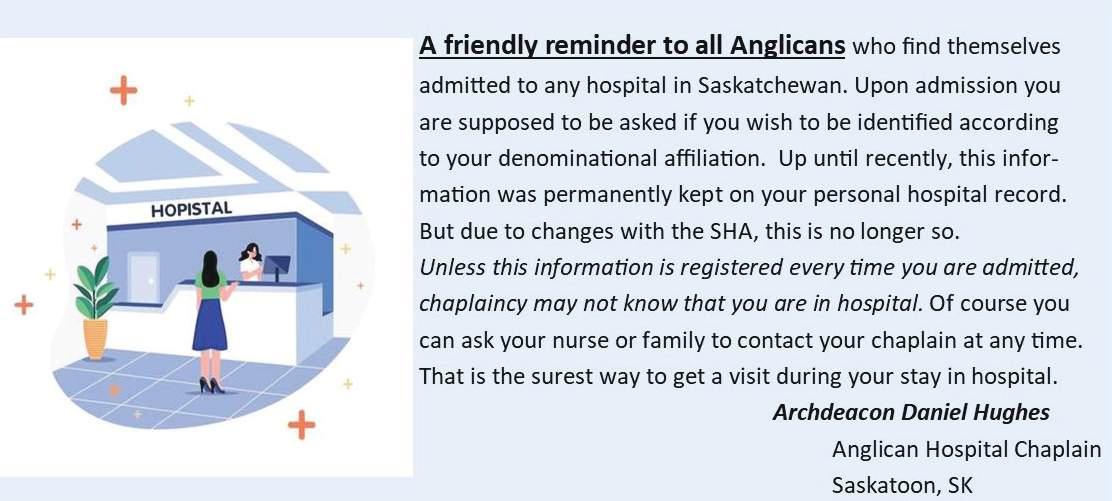
with sage and incense burning
Farthest you’ve been from home – Cameroon, West Africa
Favourite meal or dessert – good steak and cheesecake
Biggest fear – burning to death
Hidden Talent – making silver wire jewelry
Favourite movie or book – Priory of the Orange Tree by Samantha Shannon
Your hobby – golf
Three things always in your fridge – cheese, red peppers, green olives Favourite sports team – she doesn’t have one
Anger that leads to vindictiveness and revenge most likely has not been informed by an understanding of the sovereignty of God, nor by personal trust in the God who will see that justice is ultimately done.
Another spiritual tool for diffusing anger is more of a long game. Anger, along with strife, jealousy, and quarrels, is typical of the “works of the flesh” (Gal. 5:19-23).
Such anger indicates that we have not been inviting the Holy Spirit to produce the counteracting virtues known as the “fruit of the spirit.”
When we say Jesus came to save us from our sins, we need to remember this means God intends to save us from ourselves and from bondage to our unruly passions such as anger, envy and selfcentredness.
For some, initial deliverance from such habits seems to happen quickly when they come to Christ. For most of us, liberation and character formation is a lifelong process.
Trying to overcome a habit of anger by focusing on our anger may actually be counterproductive.
Trying make ourselves “spiritual” in our own strength is like attempting to travel our path into the kingdom by always looking back at our failures rather than turning toward our loving and forgiving Lord, the one who is our capable companion and guide on our journey of transformation.
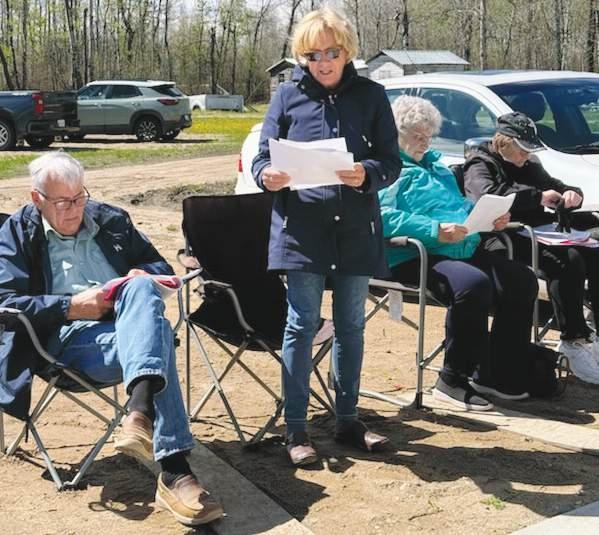
g Canon Claude Schroeder denied he was retiring, or finishing his career, after 26 years at St. Mary the Virgin, Regina. “Retirement and career,” he said, are secular terms, not appropriate to the priesthood. Schroeder said his ministry there was ending and he was moving on. His last service was July 6.
Schroeder obtained a B.A. from Queen’s University and Bachelor of Theology from Oxford. He was ordained deacon in 1993 in Edmonton, and priested on Sept. 18, 1994.
Schroeder was named rector of St. Mary, Regina, in 1999. He was named honorary canon of the cathedral as advisor on theology and mission, or a canon theologian. He was also a long-standing member of the Committee on Ordained Ministry.
g Balcarres church deconsecrated St. Paul, Balcarres was deconsecrated on July 7, in a service led by Archdeacon Catherine Harper. The church had been part of Touchwood Trail Parish, and was under the care of Rev. Ed Dunfield.
By Reidun Granberg
HUDSON BAY (Skwn) — On May 18, 28 parishioners from St. Patrick’s Anglican in Hudson Bay and St. James Anglican in Endeavour (Diocese of Saskatoon) gathered outside for a Rogation service at the rural home of Sharon Happy south of Hudson Bay.
The weather was cool and rain threatened but 11 a.m. came and we were ushered in with a sunny day. The service was led by Kathy Ambrose, lay reader from St. James.
Debbie Blender on keyboard and her husband Raymond Blender, and Nick Smud on guitars began the service with the fitting song Morning has Broken Like the First Morning.
We gathered to remember that God is our creator and sustainer, the source of all being. We were
born of His love for the universe and He has given all that is needed for growth.
We now have the challenge to care for creation, for the weak and the deprived. We remembered that we are called to nourish the Earth and all its diversity of life, to share the gifts given by God with one another and the poor of the world.
Everyone brought their seeds destined for spring planting and we asked God’s blessing on them and all spring planting and fall harvest.
Following the service everyone took the opportunity to enjoy a great meal and these neighbouring churches got to know each other and forge new friendships.
Praise God from whom all blessings flow.
Reidun Granberg is a lay reader at St. Patrick’s in Hudson Bay.

By Mary Brown
PRINCE ALBERT — In some circles of the wider Anglican church there is an assumption that the church is in a managed decline mode, the notion being that it is on its way out and there will be a gradual decline in activities and attendance until it is no more.
In the Diocese of Saskatchewan, I would say we are in a managed incline.
For instance, on Easter Sunday the parish of St. James Muskoday baptized five adults and one baby and it all began with a mother wanting the minister to bless her house.
Another young parishioner with five children also planned on having her and her children baptized on that day. This was a person who started a family at a young age and now that her youngest child was going to school, she wanted to get a job. But her new (and first employer she ever had) told her she had to work on Easter Sunday!
Meanwhile, Archdeacon Andy Hoskin has been giving confirmation instruction to eight people from the parish of St. George, Prince Albert and St. Stephen, Macdowall. Bishop Reed confirmed five candidates recently and they went to MacDowall to confirm the other three people on June 15.
“Mission & Vision” is an initiative of the diocese for those in different regions of the diocese to share their thoughts about the direction and future of our churches.
So far two of these regional engagements have been held, one in Nipawin and another in Meadow Lake, and were well attended.
Another occurred on June 8 and in La Ronge. Results of these discussions are aimed at producing a mission, vision and values for the diocese to be presented at the October Synod.
On Ascension Day, the Church of the Ascension in Arborfield had its annual celebration, this year with many bubbles ascending.
The Roberta E. Tildon ACW had a spring tea on
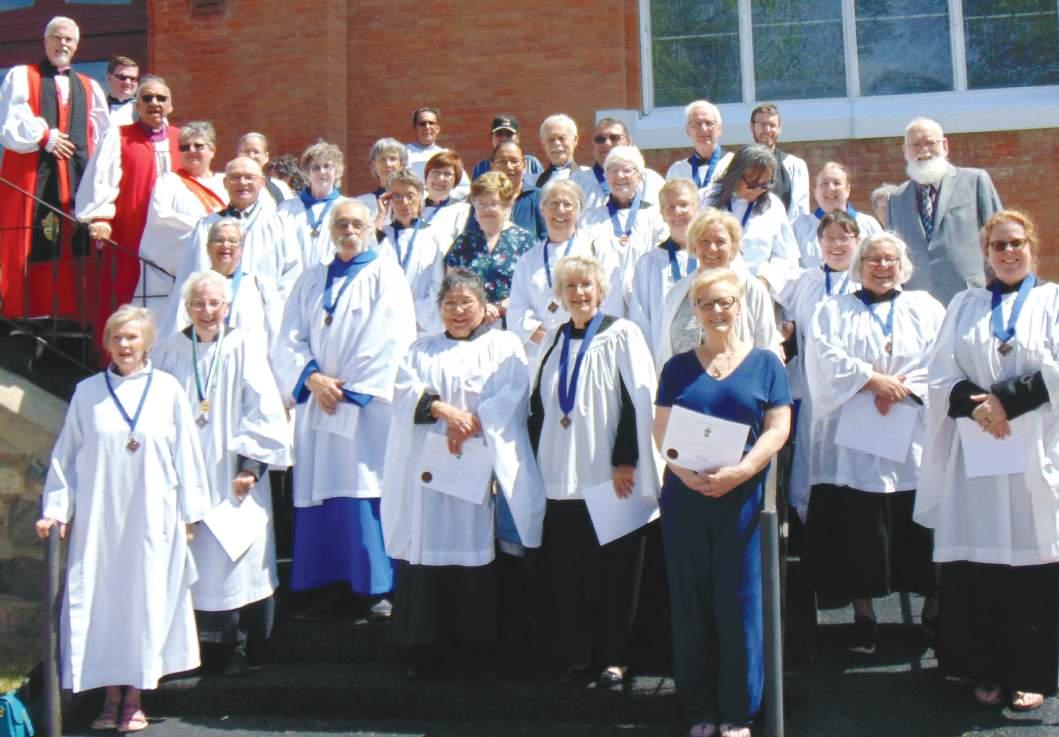
the 50
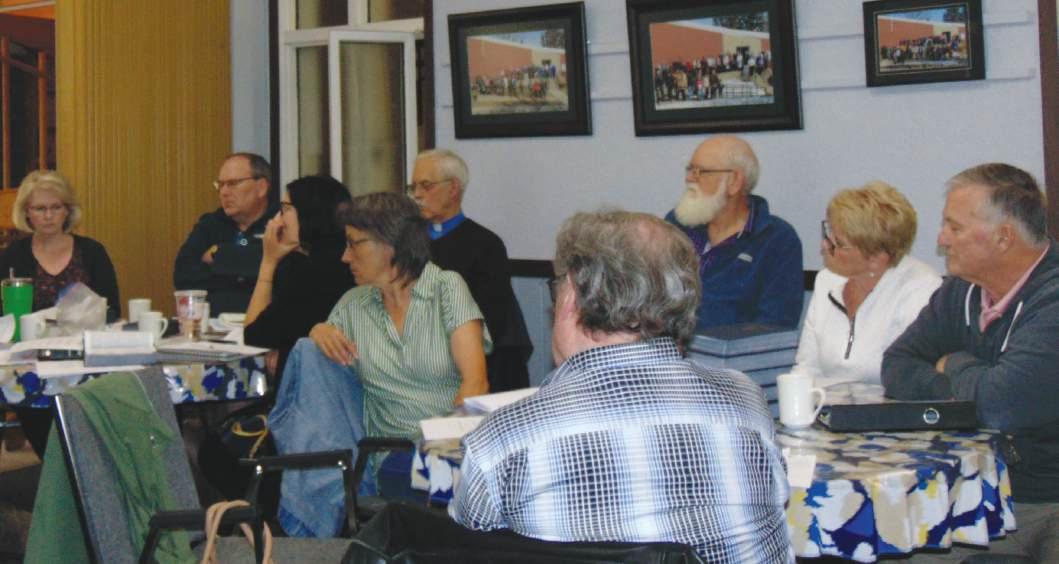
June 3. On June 9-12, the Ladies’ Day Out Retreat was held in Camp Okema. St. George’s had a Yard Sale Extravaganza on June 27.
There is always a youth group meeting Wednesdays at 5:30 p.m. The diocese offers seven weeks of free VBS in communities. Youth retreats at the Quest Camp keep increasing in numbers.
The Prayer Conference in Waskiseu had 80 people
attending this year.
There are over 50 lay readers in the diocese and on May 24, more than half of them attended Morning Prayer with the Licensing of Lay Readers service at St. Albans Cathedral. Usually when I attended these services, as the secretary, I would be getting all the certificates in order and making sure things went according to plan.
This time I represented our parishes as a warden
and took part in the actual ceremony of the licensing. It was a thoughtful and humbling service honouring these wonderful people who devote their time to making sure their church is there for the rest of us. Rev. Brody Albers’ final words in his sermon to the congregation were: May God bless each one of you in your ministry as lay readers. May he use your ministry to his glory. May he use your ministry
to further his kingdom. May he use your service to grow both your faith and the faith of others in your church. May the church never be destitute of your gifts. And may we always have the ministry of lay readers in our churches. Some may think that the church is in decline, but it doesn’t seem to be in the Diocese of Saskatchewan! See next page for more pictures of action in the diocese.

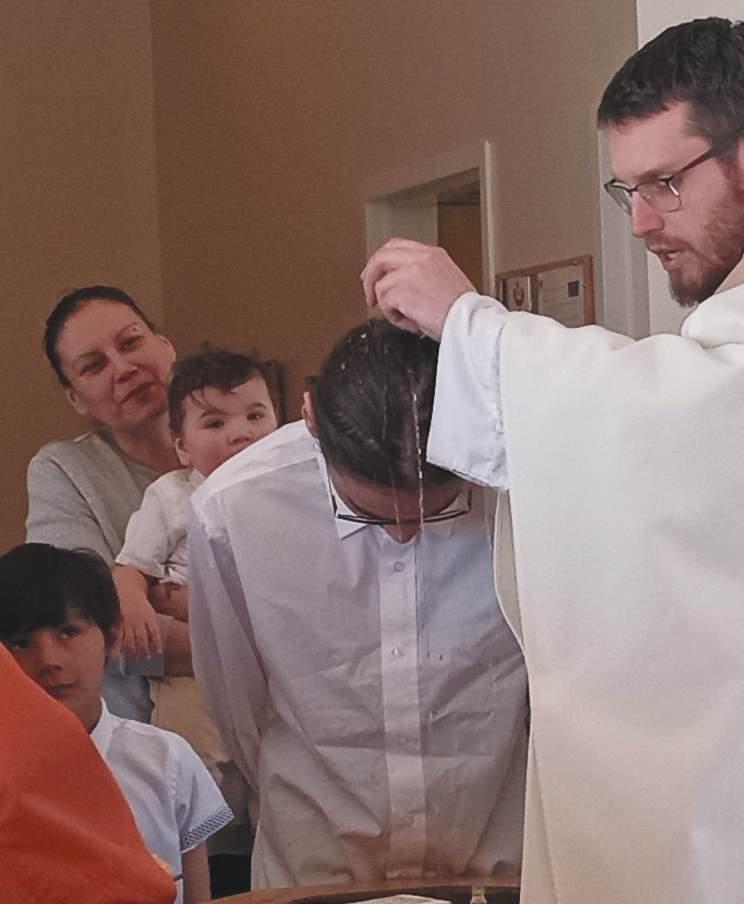

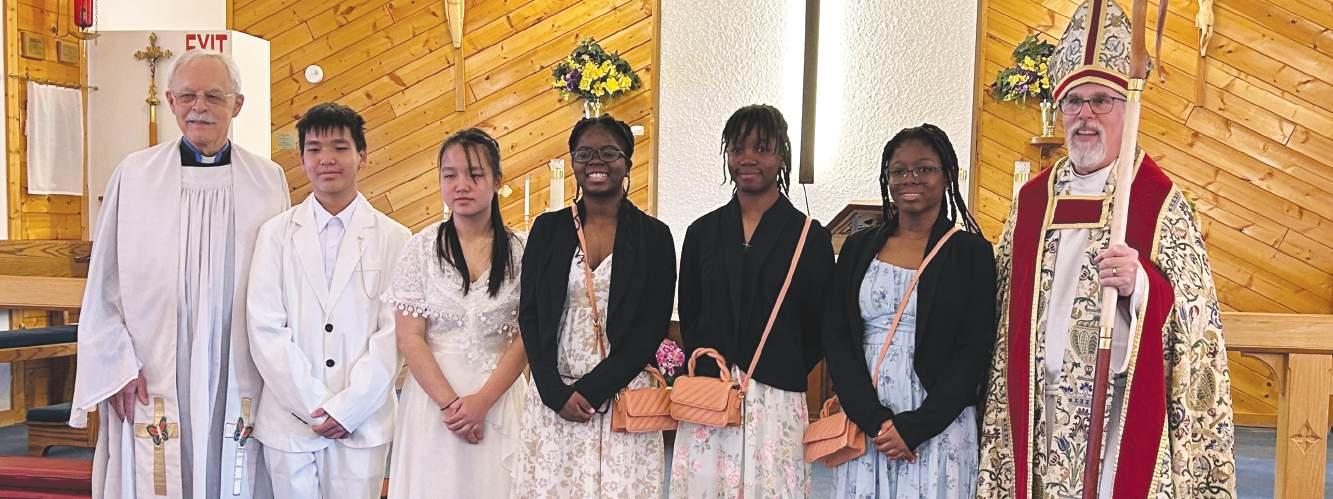
Continued from page 1 original wording with the suggested amendments, as well as a “clean copy” giving just the new wording. The legislation committee has been working through all the canons, constitution and regulations for several months.
Bishop Kennedy commented that she was naïve about how much work this would entail, and boldly had predicted that they would have the whole thing ready for this Synod. Although a great deal of work was done, more remains, and there has been a suggestion to have a special one-day Synod to deal exclusively with that work.
The proposed amendments regarding “membership” in the church caused lively debate, with delegates speaking about the fine distinction between baptism “in the name of the Father, the Son, and the Holy Spirit/Ghost” and baptism “in the Trinity.”

After discussion, the amended wording remained “the Trinity” and the motion was carried.
Dealing with the amendments was handled in sections, interspersed with other business and presentations.
During all the business sessions, quorum was easily maintained with approximately 89 per cent of both clergy and lay delegates in attendance. There were 28 clergy eligible to vote, and 37 eligible lay delegates.
By Joanne Shurvin-Martin
REGINA — Bishop Helen
Kennedy delivered the “Charge” during the opening Eucharist of the 85 th Synod. She said that the first reading of the service, Jeremiah 29:1114, had been “a guiding light throughout my life of faith.”
Jeremiah wrote: … surely I know the plans I have for you, says the Lord, plans for your welfare and not for harm, to give you a future with hope
“Knowing that God has a plan is really all I needed to get me through many things in my life,” said the bishop, “but the promises continue: God wants to be found by us … God wants to be the most central part of our being, the pulse of our faith.”
The bishop explained that Jeremiah was writing after the destruction of Jerusalem, after the people had been carried into exile, and the people
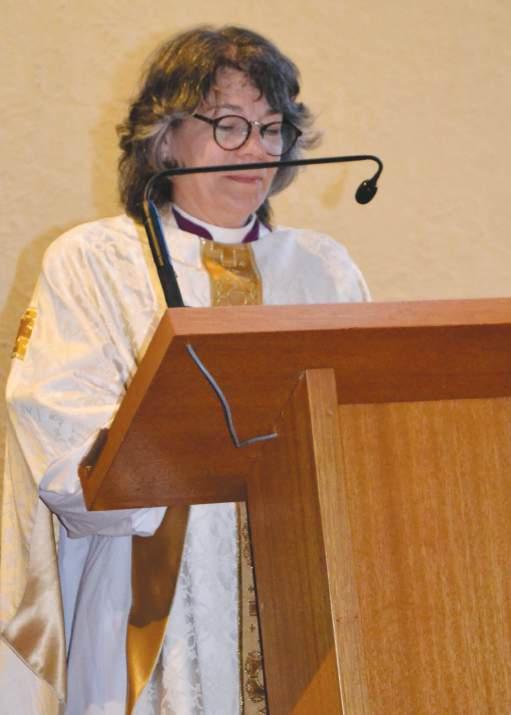
Bishop Helen Kennedy said during her Charge that God has a plan for the Church and the world, while we cannot turn back the clock to the past. Instead, we must pursue the vision of the Kingdom in the present.
were broken and dispirited. “How were they ever going to be who they once had been?”
“We in the church suffer with a similar affliction. We love to harken back to the ‘good ole days.’” She continued, “We cannot turn back the clock, instead, we have to trust that God has a plan.
As one of my fellow bishops commented, ‘We have feasted on the words of the prophets of doom.’
“So, let us agree to cease discussing what ‘used to be’ and commence praying, planning and pursuing the vision of the Kingdom that the church must confront in the present. …
"I am absolutely convinced, I believe it is a plan where we will be beacons of hope to our communities, families and friends around us.”
Referring to the theme of synod, “Eyes wide open” she said, “… our job is to look with eyes wide open to see where God is around us and to
see what God is doing … There is no doubt that society is different than it was 40 years ago or even 10 years ago. …
"We need to hear a new world perspective, new world voices, younger ideals and opinions.”
“… So, let us focus on uplifting one another, embodying the principles of love, compassion, and understanding in every action we undertake… Remember, even in the darkest of times, the light of hope shines most brightly through our acts of love and kindness.
"Let’s keep our faith alive, hope shining, because we know God as the plan.
“I now invite you to go back to your parishes and with your eyes wide open, see the promise and plan that God has for your community. … Look for God with all your hearts, look for God in your neighbour, and in your community. Looking with all your heart, God will be found. Amen.”
By Joanne Shurvin-Martin
REGINA — “Evangelism is the word that is rated ‘least positive’ among a list of religious terms,”
Rev. Dr. Judy Paulsen told delegates during Morning Prayer on the first full day of Synod.
Paulsen is a parish priest and an instructor at Wycliffe College, University of Toronto. Previously she was director of the Institute of Evangelism at Wycliffe, and is the author of A New and Ancient Evangelism: Rediscovering the Ways God Calls and Sends.
Paulsen said evangelism has a bad reputation since many people think of the “sales pitch” style of evangelism, which often discourages people rather than inviting them into faith.
“We need to reclaim a more biblical version of evangelism,” she said.
Acts 10:1-48 was read during Morning Prayer. It tells how Cornelius, a centurion and a Gentile, had a vision in which an angel told him to call Simon Peter from Joppa. While Cornelius’s men were on the way to
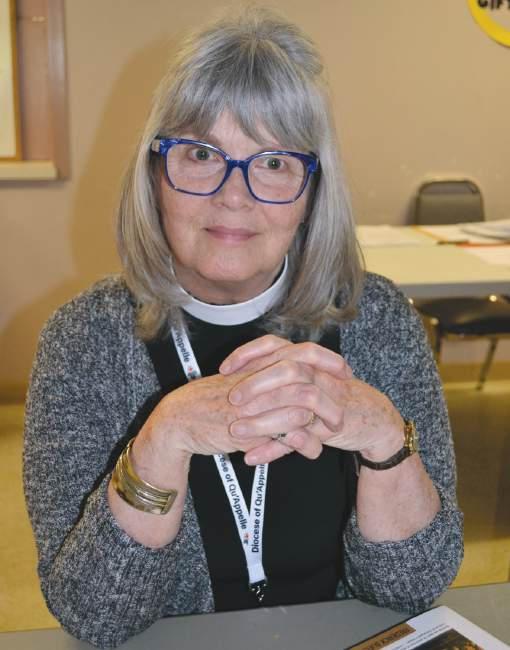
Rev. Dr. Judy Paulsen of Wycliffe College in Toronto was the guest speaker during Synod. She spoke of the biblical way to evangelize people, where the Holy Spirit sends Christians to people who are already searching for God.
Joppa, Peter had a vision in which God told him, “What God has made clean, you must not call profane.”
While Peter was puzzling about the meaning of his vision, the Holy Spirit told him that Cornelius’s men
were searching for him, and that he should go to Cornelius. He did and began to preach to him and his household.
Cornelius and all his household were baptized in the name of Jesus Christ.
This is an example of the biblical way of evangelism — in which people are searching for God, and the Holy Spirit sends evangelists to them.
“God is the primary evangelist. We are invited to join in this,” said Paulsen.
Paulsen cited an Angus Reid poll, which showed that one in five Canadians is “privately faithful” but not part of an organized faith community.
It is those people in whom God is already at work, and the role of Christian evangelists is to be attentive and obedient to the Holy Spirit and point those “privately faithful” searchers to Jesus; not to the church.
During Morning Prayer on the Saturday of Synod, Paulsen continued to teach about evangelism with another example of the biblical method. The reading of Acts 8:26-39 tells of Philip meeting the
Ethiopian eunuch.
The eunuch was travelling in his chariot and reading from the prophet Isaiah, which shows that although he was a Gentile, he was thinking about God.
The Holy Spirt told Philip to go and join him in the chariot, and he was able to explain the Scripture and tell the eunuch about Jesus. The eunuch then asked to be baptized and Philip did so.
Both these examples are very different from the type of evangelism in which Christians go out to find non-Christians and try to bring them into their church. Paulsen said that effective evangelism answers questions that non-Christians have, including:
Who is God? God is the creator of reality itself, of our world and all worlds. Who is Jesus? Jesus is the image of the invisible God; the head of the body and of the church; the fullness of God dwells in Jesus; and through Him all will be reconciled to God.
Paulsen also preached at St. Paul’s Cathedral during the closing Eucharist for Synod.
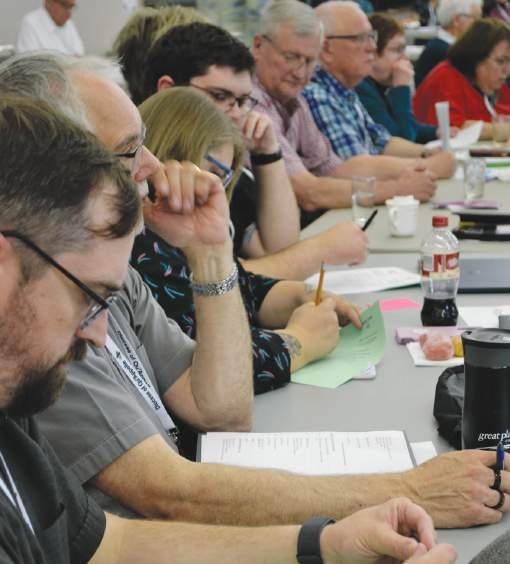
By Rev. Susan Anholt, chair of Finance Committee
REGINA — As of Dec. 31, 2024, the diocesan assets stood at $10,808,570, while our retained earnings stood at $165,969.
Our assets tend to increase annually, as they are primarily linked to the sale of property and the funds are generally tied up in trusts. While our assets have increased, our retained earnings have decreased annually, primarily due to shortfalls in Fair Share payments.
Expenses tend to fall into three categories. They are: mission within the diocese, external mission, and administration. The Mission Within ($586,938)
and Administration
($543,228) costs make up the largest expense, while External Mission ($145,661) is related to the national church and provincial synod. These costs are fairly balanced from year to year, although every effort is made to decrease expenses.
Our two significant income streams are Fair Share and interest. When we compare our Fair Share income to our mission costs, our mission costs far exceed our Fair Share income.
We are doing the work that God has called us to do.
The audited financial statement for 2024 was approved.
The Synod also considered our 2025
financial position including the 2025 budget. Bishop Helen had sought to reduce the Fair Share assessment, and this resulted in a decrease of $50,000 in 2025.
The report also reviewed relevant sections of Canon 21 and the ensuing regulations relative to the Fair Share assessment. The calculation process was also reviewed, along with hypothetical examples of a large and small parish. It was noted that the finance committee annually reviews the Clergy Compensation Report and reports any recommendations to diocesan council.
The committee also provides diocesan council with quarterly financial reports.
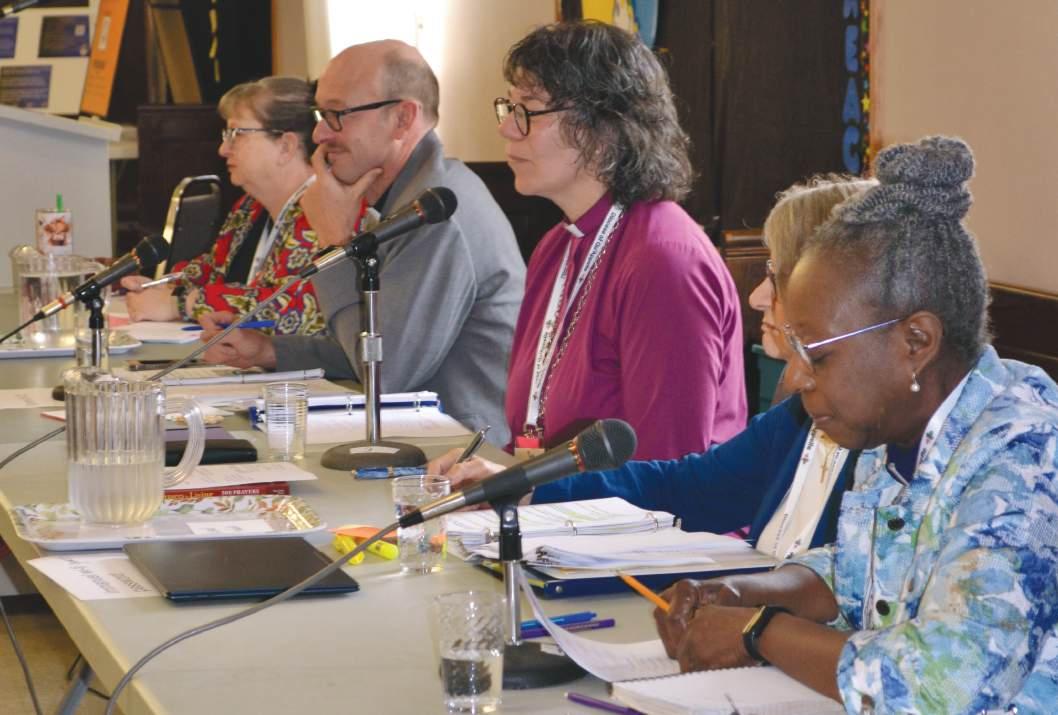
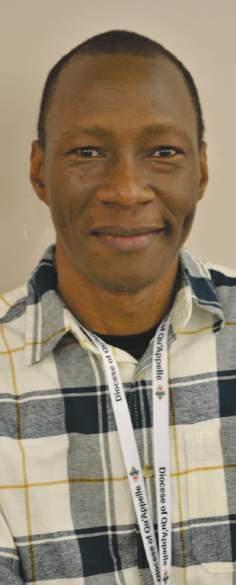
Muyiwa Adewale, the Diocese of Qu'Appelle's refugee co-ordinator, spoke about change to the Canadian refugee system and encouraged parishes to become involved in sponsoring refugees.
By Allison Kydd
REGINA
— Alongside the official business for the 85th Synod of the Diocese of Qu’Appelle ran a parallel stream of hospitality and fellowship.
Some of the fellowship was spontaneous, since delegates always enjoy the opportunity to see old friends and make new ones. However, spaces in the schedule had to be organized, whether for meals or entertainment.
The agenda committee, chaired by Kate Berringer and including Bishop Helen Kennedy, Archdeacon Catherine Harper, Rev. Jesse Miller, Rev. Susan Haacke, Richard Simpson, and Wendy Godfrey, was responsible for creating those spaces.
After the fact, Berringer admits there were a few challenges in organizing the hospitality. The four meals were catered — both lunches by Munch Catering, Friday supper by Rybchuk’s, and Saturday supper by Fancy Fork — but volunteers were needed for refreshment breaks as well as for the clearing and washing up between meals.
“As soon as one meal-time or break was finished, you had to start

preparing for the next one,” Berringer says.
Even before the event, there were challenges. First, it seemed that spring was a busy time for most people, and the committee was concerned about “finding enough hands.”
As Berringer recalls, more people were available for the last Synod, held in October 2022. In the end, however, “God intervened, and we had the help we needed,” she says.
“And all three local parishes stepped up,” she adds.
Dietary restrictions were also a consideration.
“This isn’t a problem,” says Berringer, “but it must be kept in mind.”
Perhaps the biggest challenge was deciding how much food to order. With the best of intentions, delegates didn’t always send RSVPs as requested, so there was a certain amount of guesswork involved, which translated to leftovers.
Storage of leftovers was also a problem. The kitchen at Immanuel has only one fridge, so
leftovers from Friday and Saturday suppers had to be delivered to local community kitchens the same evening.
Fortunately, Deacons Bryan Kenwell, of Beechy, and Jessie Leigh Johnston, of Rocanville, volunteered to make the deliveries. They reported that “the food was gratefully received,” says Berringer.
Members of Synod expressed their gratitude by applauding the caterers and those in the kitchen after both suppers. Let me, as a delegate, extend
that show of appreciation to include the agenda committee chair.
Kate Berringer was central to the apparent seamlessness of the production. For those who don’t know her — she was far too busy during Synod to find and adequately thank — here is a little introduction.
A parishioner at Regina’s St. Mary the Virgin parish since 2001, she began working in various capacities at the Synod Office in the spring of 2022. Since then, her role has evolved, and she now also co-ordinates programs at Camp Harding. Courtesy of the bishop, she also has an official title, diocesan coordinator.
As of January 2025, Berringer has also been sending out the Tuesday Newsday diocesan newsletter. This isn’t a small job, so she is grateful to receive information from the bishop and archdeacon as well as from other synod staff and parish contacts.
“It has also been my goal to keep members of the diocese in touch with what’s happening within the ecclesiastical province and in the Anglican Church of Canada as a whole,” adds Berringer.
By Allison Kydd REGINA
— The mainstay of any folk festival is the house band, as it’s a consistent thread throughout the event as well as performing in its own right.
The Kelly Brothers are already familiar faces in the diocese. They remember meeting Bishop Helen Kennedy and her husband, Stephen, during a pub gig near the Kennedys’ home in Regina.
However, it was after they played at the Anglican Lutheran National Worship Conference — “Stones Cry Out: Praying With the Land” — a year ago that the bishop booked them for the May Synod.
Not only did Brian, Anthony and Blake Kelly perform at synod, but Anthony and Blake were also Synod delegates. Involvement in parish and diocesan life is a family tradition, since their late mother, Rev. Delta Kelly, was one of the first locally ordained clergy in the Diocese of Qu’Appelle.
She served St. Thomas, Rocanville, and St. Alban, Moosomin, as well as Rocanville’s St. Paul’s United Church.
Delta Kelly also had a strong singing voice, played the piano and encouraged her children to sing along, while Terence Kelly, their father, accompanied them on the guitar.
“We grew up with that,” says Blake. “Our parents were huge influences in our musical and spiritual lives.”
Terence also played at old-time dances around the district with his own father and brother. Each of Delta and Terence’s five boys learned an instrument and looked forward to playing in the band when their turn came.
“It was a very natural way to form a family band,” says Anthony.
Besides playing acoustic guitar, Anthony has added electric guitar and mandolin, and Brian is best known for electric bass.
When growing up, the Kelly brothers had other musical

opportunities, such as singing with a youth choir led by Marilyn Hill, of Moosomin. When they were eight and 10, respectively, Blake and Anthony also went to the Bishop’s School for Choristers in Regina. In fact, the brothers love to tell a story of two country boys getting lost in the big city when they missed their bus and deciding to walk home to their aunt’s after a day at the choir school.
In 1995, Anthony and Brian started their own country band. While they were brainstorming for a name, their drummer remembered
Morgan produced an album called Anything but Easy (2002) featuring Anthony’s original songs.
Anthony’s compositions have also won awards — from the Saskatchewan Country Music Association and for a CBC Christmas song competition — and have been covered by other Saskatchewan artists.
In 1995, Anthony and Brian started their own country band. While they were brainstorming for a name, their drummer remembered a character called Swifty Morgan from a “spaghetti western.” Since most of the band members were shift workers at the nearby potash mine, “Swifty” became “Shifty.” After a few years, Brian left Shifty Morgan to pursue a career as a full-time touring musician, and Blake “stepped in.” Shifty Morgan produced an album called Anything but Easy (2002) featuring Anthony’s original songs.
Before long, music was engrained in the psyche of the Kelly brothers, just as with their parents.
Anthony mentions country music, ’70s rock and country gospel as influences, as well as bands such as Crosby, Stills and Nash, and the Eagles, and brother acts such as The Doobie Brothers and The Brooks Brothers.
a character called Swifty Morgan from a “spaghetti western.”
Since most of the band members were shift workers at the nearby potash mine, “Swifty” became “Shifty.”
After a few years, Brian left Shifty Morgan to pursue a career as a full-time touring musician, and Blake “stepped in.” Shifty
done at the suggestion of former rector, Rev. Michael Last.
Meanwhile, Brian, an award-winning freelance bass player and a songwriter, has appeared with acts such as Trick Ryder, The Poverty Plainsmen, J. J. Voss, Megan Nash and Jess Moskaluke.
Brian also plays with the Kelly Brothers when he’s available, as he was for this year’s synod.
According to Blake, about one quarter of the music in Kelly Brothers shows is original material. “Whatever fits the venue,” he says. “If Anthony comes up with a tune, we’ll use it.”
Anthony says, “I’m always grateful when the stuff I’ve created is appreciated, especially by my brothers.”
At the recent Synod, the brothers dedicated a couple of numbers to their parents. “Leader of the Band,” by Dan Fogelberg, fit their father, while “Deep River Woman,” by Lionel Richie, always makes them think of their mother, who was born in Lumsden and lived near the Qu’Appelle Valley her whole life.
They also performed “This Small Town,” which Anthony wrote with Rocanville, or any small town, in mind.
Anthony is also a music leader at church, though he’s a bit shy about claiming the title. “I’m not a schooled musician,” he says. “I’ve said they can count on me to lead the music unless I tell them otherwise, and I’ve got people to call on when I can’t be there.”
He sees it as a learning experience for the congregation and for himself.
Anthony has also written music especially for the parish, such as the Saskatchewan Gateway Setting for the Eucharist . This was
Other members of the Kelly family have also continued to make music, and for 25 years, the Kelly family has presented a Christmas show. This started with their mother and led to two Christmas albums, in 2005 and 2012.
“It’s been a real blessing for our family to be able to look forward to doing this every year,” says Anthony.
The Kelly music legacy continues in the next generation. For instance, Blake’s daughter, Megan, was a music leader at Camp Harding this summer.
The August long weekend was especially busy for the Kelly Brothers, with a Crystal Lake concert, a Shifty Morgan gig and a backyard party in Arcola all on the schedule. The following week, Anthony helped lead a music camp at the annual Kenosee Lake Kitchen Party.
By Rev. Peter Coolen
SASKATOON — Every year the diocesan editors of the Anglican Editors Association (AEA) from across the Anglican Church of Canada and various communicators from across the country gather in a one of our dioceses for an annual general meeting.
This year this meeting was held in Saskatoon from May 28 to 31 at the parish hall of the Cathedral of St. John the Evangelist in Saskatoon.
This year’s meeting featured updates on print, web-based and social media by diocesan speakers and guest presenters.
Besides diocesan editors (in person and on ZOOM), representatives of the Anglican Journal; Alongside Hope (formerly PWRDF); the Anglican Foundation; guest presenter Sara Krahn, whose topic was “How Brevity Shapes Attention”; AJ editor, Tali Folkins, General Synod communications committee; Jayne Foster, Sasktoday.ca content manager; and, national staff with the domain anglican.ca attended either in-person or virtually and/or made presentations and gave updates.
The meeting was also attended by a guest, Rev. Canon Marie-Louise Ternier, communications officer for the Diocese of Saskatoon.
The Saskatchewan Anglican is a newspaper presented by the three dioceses of Saskatoon, Saskatchewan and

and presenters
Qu’Appelle, and although the meetings were hosted by the Diocese of Saskatoon, the Right Rev. Rick Reed, bishop of the Diocese of Saskatchewan, provided food and refreshments for an icebreaker and a nightly hospitality suite, while the official welcome was made and the closing Eucharist service, in the Lady Chapel of the cathedral, were provided by the Right Rev. Rod Andrews, interim bishop of the Diocese of Saskatoon.
Bishop Rod and the Right Rev. Helen Kennedy,
bishop of the Diocese of Qu’Appelle, and the Ven. Alex Parsons, executive archdeacon of the Diocese of Saskatoon, also attended some of the technical sessions and banquet.
The Friday evening banquet speaker was the Rev. Dr. Laura Marie Piotrowicz, incumbent of the cathedral, who shared her experience of participating in the UN Commission on the Status of Women.
For a field excursion, the delegates had a tour of the cathedral and its large,
Provincial Synod
Clergy – Rev. Jesse Miller, Canon Cheryl Toth, Deacon Jessie Leigh Johnson
Laity – Wendy
Godfrey, Anne Hill, Beth Christianson
General Synod
Clergy – Rev. Christine Burton, Rev. Eimsook
Joung
Laity - Wendy
Godfrey, Anne Hill, Beth Christianson
Diocesan Council
Clergy – Rev. Susan Anholt, Rev. Ed Dunfield,
Deacon Jessie Leigh Johnson, Rev. Winna Martin, Rev. Shepherd Munzara, Canon Deacon

Susan Page, Rev. Tracey Taylor, Canon Cheryl Toth.
Laity – Jason Antonio, Beth Christianson, Wendy Godfrey, Pat Hall, Anne Hill, Linda Kapasky, Blake Kelly, Carol Marz, David Saville, Richard Simpson.
Ecclesiastical Court –Diocese of Qu’Appelle
Clergy – Archdeacon Lauren Miller, Rev. Tracey Taylor
Laity – Linda Kapasky, and one person to be appointed by Bishop Helen Kennedy.
attached columbarium and then visited the world-class Remi Modern Art Gallery, in downtown Saskatoon.
The meetings concluded with a business meeting and the election of new officers and board members and a closing lunch at the nearby Sheraton Hotel.
I would like to take this opportunity to thank all those who presented and attended either inperson or virtually this year’s meeting, as well as the various suppliers of services for this event:
Barn Dog AV Services, Carson Warriner, Karlos Airline Catering, the staff and A.C.W. of the Cathedral of St. John the Evangelist and the Bessborough Hotel, all of whom did their part to make this the successful and memorable event that it proved to be.
Next year’s annual AEA AGM will be held in Ottawa, Ont., and will be hosted by the Diocese of Ottawa.
The last time the AEA held its annual conference in this province was in 2015 in Regina and area. Most votes were by show of hand, but voting for delegates to General and Provincial synods required Diocesan Synod attendees to mark their choices on paper ballots.

By Anne Hill
(Qu’A)
— Attending General Synod in June was a joyous experience.
The local arrangements team in London, Ont., were welcoming and thoughtful as the team from Qu’Appelle (Team Q) arrived to temperatures over 30 degrees C with a humidex of up to 40 degrees. It was sticky outdoors, but the RBC Centre and its attentive staff provided a cool, clean conference centre with delicious food.
Team Q took advantage of the indoor walkways across the street to the adjacent hotel to get our steps in between the sessions. Synod days were long, with sessions from 7 a.m. to 9 p.m. Team Q relaxed and debriefed each night in our hotel pool until it closed at 10 p.m.
The best aspect of General Synod is meeting Anglicans from across the country. One of the wonderful women I met at 7 a.m. worship gifted my table a bag of hard candies after discovering we did not think to pack any.
Her gift made our days literally sweeter. Visiting with other delegates, I learned that our community is so much
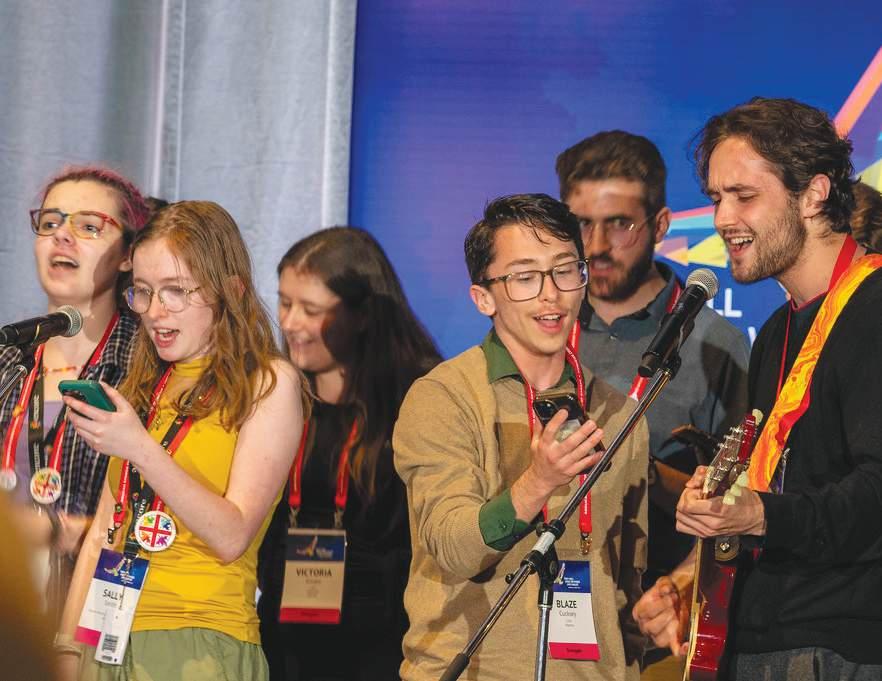
more interconnected than may always be apparent. I learned of wonderful opportunities happening across the country from community work, to worship practices, to weekly online contemplative prayer.
Synod is full of worship. We sang every day. The praise songs and hymns in worship and during
meeting transitions were an excellent way to come together. Learning from all the different translations and liturgical traditions was inspiring.
One of my personal highlights was worshipping through different prayer books and forms. Each day, I began at the 7 a.m. Eucharist with either the BCP or BAS.
Then we read from both the First Nations Version Gospel and the NRSV at our morning Bible Study. The worship before lunch came from the New Zealand Prayer Book, He Karakia Mihinare o Aotearoa. Forms of Indigenous Anglicanism were incorporated during the entire week. I’ve returned home full of vim
and a desire to see how some of these resources could be included in our Bible studies and worship.
The newly renovated Cathedral of St. Paul in London is an architectural marvel with beautiful stained glass windows, a labyrinth pattern built into the floor, and soaring beams.
The worship was a full “smells and bells” experience, including all the sounds of a full organ and choir. If anyone is going to be in London, a visit is definitely in order.
The business of Synod is not always easy. The proceedings are governed by Kerr and King Procedures for Meetings and Organizations.
The primate and chancellor kept us on time and on point, which was greatly appreciated. The ability to return to the Gospel of the Day helped keep us on track through difficult conversations around finances and past procedures.
Singing and praying kept our hearts focused on things eternal.
Back at home, it is my hope to share the fellowship, hope for the future, resources, and friendships I found at General Synod with everyone in our diocese.
By Wendy Godfrey
ESTEVAN (Qu’A) — Some might say conferences are all the same, but General Synod is definitely a unique experience.
As this was my third time as a delegate, I was happy to be able to meet up with people I’ve met previously. And I was also able to meet so many others, creating new friendships.
It’s interesting to talk with people from so many different places, hearing stories that often mirror our own even though we live in such different places throughout our country. And in some parts of the country, things are extremely different; which at times could be eye opening.
During the business part of Synod, some of the motions made were easily passed, but there were some where discussions
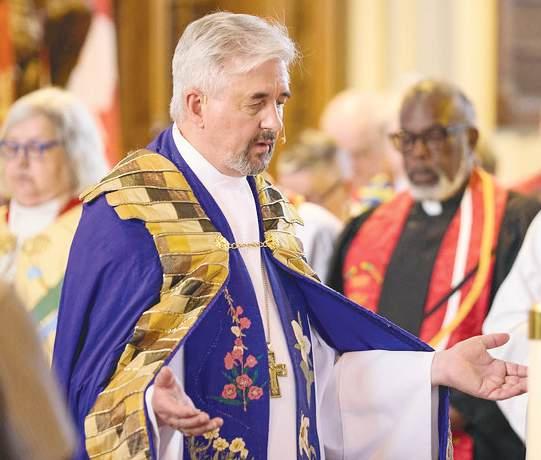
would become a bit intense.
At these times, we were able to take a break if needed, and someone might read the Gospel of the day, or we would sing, or pray. These things helped us
to take things a bit more calmly, remembering that we all want what’s best for the church, even though we have our own ideas of what that looks like. These breaks helped lower the tension and discussions could resume calmly and
respectfully.
This General Synod included choosing our next Primate. This election was a bit different from the one I attended in 2019. The new Primate wasn’t on the original ballot. A motion was made to bring in a new candidate and that person ended up winning the election.
Archbishop Shane Parker will be Primate for almost three years, as he turns 70 in May 2028. During this time I look forward to hearing about upcoming changes that may affect the church, as we head into the future. We need to hold onto our identity while keeping up with the changing times. Worshipping with so many people from across the country was special. We heard preaching from several people, including former head of the Episcopal Church in the USA, Bishop Michael
Curry.
The installation service for our new Primate, Archbishop Shane Parker, was also beautiful, with special music, great preaching, and seeing the new Primate installed in his new position.
One final thing I’ll always remember was the day after General Synod wrapped up. The first bus to take delegates to the airport broke down and could not leave London.
A new bus was sent but they had to wait two hours for it to arrive. No sadness though. One delegate pulled out an accordion and began playing! People joined in singing and clapping and everyone enjoyed the music, making the best of a not-so-great situation!
I wasn’t on that bus –but I joined in and enjoyed every minute! It was just one more thing that makes this conference unique.
By Rev. Winna Martin
KENNELL (Qu’A) — July 6, was a special day for St. Nicholas as more than 50 people joined together in worship and fellowship to mark a significant milestone.
For 125 years this little wooden church on the prairie, with its distinctive red roof, has been a beacon of hope, love, joy, peace and remembrance. It has brought comfort to many who enter in desperation, loneliness, grief or simply curiosity.
It gives them a feeling they have been touched by a presence they can’t see or hear but, as the open guest book will attest, leaves them changed in some way they may not completely understand.
This beautiful day of celebration culminated with a brief service in the cemetery, to prayerfully and with grateful hearts, give thanks to those pioneers who are buried there as well as friends and family members of parishioners.
We then gathered in community to enjoy a delicious pot luck and to share stories and memories of times past and look forward with faith and gratitude to what lies ahead — the journey begun in faith, continues in faith.
Thanks be to God!
The journey began in 1899 with the vision of Rev. Marcom, the Anglican priest of a small congregation that met in the home of Mr. F.W. Everts, to build a small church. God’s guiding hand was with them, as visitors from England, impressed with this possibility, sent almost enough money for the project to begin.
With donations from parishioners, the vision started to become a reality. Lumber was hauled by sleigh through a cold and stormy winter. Mark Catley, one of the founding fathers, volunteered to build the church, which took nearly all summer of 1900.
It was named and consecrated by Bishop Grisdale on Oct. 4, 1900. Ten years later, as a number of pioneers had moved away and since there had been no
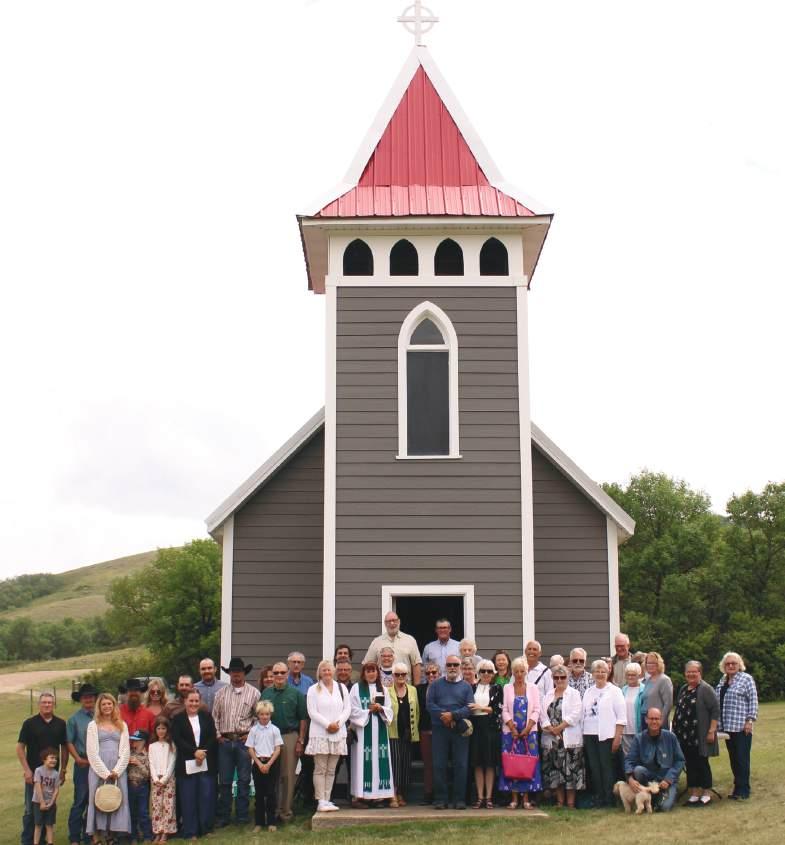

burials in the original churchyard, it was decided to move the church to a better location.
Land was purchased by Mark Catley’s son, Norman, and the daunting task of moving and reassembling the church began. The new building was consecrated by Bishop Harding on Oct. 4, 1911.
Various benefactors in England donated practically all the
furnishings in the church. People attended church by horse and buggy and there was a barn to house the horses, which was destroyed by a twister in 1940.
The Catley family has been instrumental in maintaining the church, graveyard and surrounding property through most of the past 125 years. On July 6, we honoured the Catley
are laid to rest on the grounds of St. Nicholas, who made the day of celebration possible. It is a blessing and a privilege to serve as priest-in-charge of St. Nicholas and I gratefully acknowledge all those priests who have gone before me and who have encouraged and sustained a worshiping presence in this beautiful and historic church.
I also want to acknowledge the Parish of Plain and Valley’s faithful administrator, Georgina Flavel, who has been a mainstay in supporting clergy and parishioners since the mid 1980s.
I want to add my own personal reflection on my past two years as priest of St. Nicholas. Our congregation is small in numbers but mighty in faith, love, joy and generosity of spirit.
We begin every service praying for each other and for those within our congregation and the wider community in need of our prayers. Our services, grounded in prayer and rooted in tradition, also invoke moments of laughter.
Folks are not shy, and with my encouragement, get involved in the homily or give the priest some “support” and “guidance.”
The warmth and welcome of St. Nicholas envelopes you from the moment you enter until you leave.
Lately there has been much laughter surrounding the sprucing up of the “little house on the prairie” (aka the outhouse) at the back of the church. Led by Tracey Catley and aided by Sid Fischer and his son Darien, they sanded, stained, and re-floored this important structure!
family and all the pioneers who created a place of sanctuary for all to worship and enjoy.
Friends and neighbours and members of the congregation of St. Nicholas and All Saints, Lumsden, and four generations of Catley family members, gathered in worship to give thanks to Almighty God for all His blessings and for those pioneers, many of whom
St. Nicholas is a seasonal church, open for worship during the summer months through the end of September. It has no heat or electricity, but that doesn’t stop the requests for weddings in and around its picturesque building and grounds. God-willing, I hope to serve St. Nicholas and its congregation for more years to come. I feel honoured and blessed by the privilege of being the priest.
By Rev. Gene Packwood
Another fall launch is upon us. After a summer of relaxation and refreshment, it is time to get back to school, including the Sunday variety, while various parish groups and programs traditionally get back up to speed.
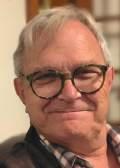
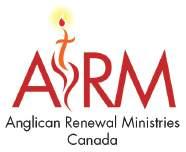
Might I even suggest a personal fall launch into an Anglican devotional time using one of the daily offices?
In Morning Prayer, for example, you will find such treasures as The Benedictus or The Song of Zechariah (Benedictus is simply the first word of the passage, “Blessed” in
Latin), which features in Morning Prayer after the second reading every day in The Book of Common Prayer (pg. 9) and is one of the optional canticles that may follow the readings in The Book of Alternative Service version of Morning Prayer (p88). Here is the BAS version:
Blessed be the Lord, the God of Israel;* he has come to his people and set them free. He has raised up for us
a mighty Saviour,* born of the house of his servant David.
Through his holy prophets he promised of old, that he would save us from our enemies,* from the hands of all who hate us.
He promised to show mercy to our fathers* and to remember his holy covenant.
This was the oath he swore to our father Abraham,* to set us free from the hands of our enemies, free to worship him without fear,* holy and righteous in his sight all the days of our life.
You, my child, shall be called the prophet of the Most High,* for you will go before the Lord to prepare his way, to give his people knowledge of salvation * by the

forgiveness of their sins. In the tender compassion of our God* the dawn from on high shall break upon us, to shine on those who dwell in darkness and the shadow of death,* and to guide our feet into the way of peace. (Luke 1:68–79)
You might think that doesn’t sound very charismatic. Au contraire!
When you consider that these are Zechariah’s very first words after having been miraculously rendered mute for more than nine months because he failed to believe the angel Gabriel’s foretelling of John’s birth (Lk. 1.20) and that t he verse just before The Benedictus is this: Then his father Zechariah was filled with the Holy Spirit and prophesied ( Luke 1:67, CSB).
It is abundantly clear that The Benedictus is an amazing, miraculous, edifying Holy Ghost inspired utterance. God Himself is glorified in the very first words. Holy Scripture, God’s promises and the history of salvation are affirmed in the references to Abraham, David, the holy prophets and God’s holy covenant with His people.
It has been a part of the Church’s prayer for nearly 2,000 years. There is no question that the Church has been built up (1 Cor 14.5) by Zechariah’s utterance.
made holy and righteous, as the dawn from on high breaks upon us and guides us into the way of peace.
The Benedictus clearly meets Paul’s criteria for trustworthy prophecy in 1 Corinthians 14, being strengthening, encouraging and comforting.
There is a forthtelling word about John, Zechariah and Elizabeth’s miraculous new baby son, too.
He will be a prophet of the Most High, going before the Lord to prepare his way and giving people knowledge of salvation by the forgiveness of their sins — a true and Godbreathed word for baby John and a point of application for you and me, too.
I believe that, as witnesses of the Resurrection, you and I are called to do the same: to prepare the way of the Lord into the hearts of those who have not yet come to saving faith in Jesus, by loving them with the tender compassion of God.
Praying for them systematically, repeatedly and without losing heart, will also prepare the Lord’s way into their hearts so they, too, may gain knowledge of salvation by the forgiveness of their sins, as in God’s tender compassion, the dawn from on high breaks upon them, shining on those who dwell in darkness and the shadow of death and guiding their feet into the way of peace.












“The one who prophesies,” writes Paul, “speaks to people for their up-building (strengthening) and encouragement and consolation (comfort)” (1 Cor 14.3). The Holy Spirit spoke through Zechariah to bless those who heard him that joyful day, and to bless the Church ever since.
There are, indeed, strengthening, encouraging and comforting words of blessing here.
We are reminded that we have been set free, given a mighty Saviour, saved from our enemies and the hands of all who hate us, freed to worship without fear,
What a wonderful thing to pray for someone! What a wonderful task, what a wonderful, fruitful and Holy Spirited prophetic utterance.
The Benedictus , a true Holy Spirit inspired prophetic word, is a key part of Anglican Morning Prayer and can be a key part of our spiritual lives, too.
It has become a rich, evocative spoken song of praise and worship, a powerful prayer, and is very much worth repeating daily in Morning Prayer.
Submitted
ESTEVAN (Qu’A) —
Prayers were answered when Rev. Leonard Botchway’s three children, along with their grandmother, arrived in Regina on July 4.
Botchway was an experienced Anglican priest when he came to Saskatchewan in November 2023.
In January of the following year he was appointed priest-in-charge of St. Stephen the Martyr, Swift Current, where he served until July 2025, when he was appointed priest-in-charge of St. Giles, Estevan.
Botchway’s wife, Wilhelmina, came to Canada in March 2025, but despite all Botchway’s efforts, he was not able to bring the children at the same time. He reports that he was defrauded by travel and tour agents.
Meanwhile, their children stayed in the family home in Ghana, with their maternal grandmother and her sister.
Parishioners at St. Giles, and their ecumenical sharedministry partners of Trinity Lutheran Church and St. Paul United Church, were concerned that their priest’s family was not with him. They

After a long separation, the Botchway family was reunited in Regina Airport on July 4. The
children had to stay in Ghana until they finally received approval to immigrate, in the spring of this year. From left are Tom More (of St. Giles vestry), Rev.
Botchway and Bishop Helen Kennedy. Photo contributed
donated money to start a new process of applying to bring the children to Canada. When the new application was submitted by an immigration lawyer, approval came in one week. They were approved on May 9, and in less than two months they were in
Canada.
Along with their parents, they were welcomed by Tom More, a member of St. Giles vestry, and Bishop Helen Kennedy.
Delphina Kitson-Mills, Leonard Botchway’s mother, accompanied the children, and stayed in
Canada for 10 days before returning to Ghana for a short visit, and then move back to her home in the United Kingdom.
Rev. Botchway expresses his appreciate to Bishop Helen Kennedy, St. Giles Church, Trinity Lutheran Church, St. Paul’s United Church,
St. Stephen’s Church in Swift Current, Joanne Shurvin-Martin, Archdeacon Catherine Harper, and many others who supported and prayed for the whole family, and helped make their dream a reality.
“God bless all of you,” he said in closing.
By Stephanie Sydialia
SASKATOON — On May 7, we began, at Christ Church, Saskatoon, a fourweek series of discussions and skills-building exercises to foster a deeper understanding of one another during times of discord and disagreement within organizations, neighbourhoods, families and our world.
Much to our delight, we had 17 participants, some from Christ Church, others from the broader Saskatoon community.
The series was facilitated by myself and heartily supported, and attended, by Pastor Mark Kleiner.
During the presentations, discussions and skills-building

exercises we explored conflict theory, selfawareness, adversarial vs. collaborative problem
solving, conflict styles, our own attitudes toward differences, improving our listening and speaking
skills, communication blockers, and anger.
This was intended as a conversation starter, to explore what it means to be people of peace in a world seemingly focussed on our differences rather than our shared human experiences.
Together, we created a safe learning environment where people shared stories from their own lives. Participants engaged eagerly with the material and reflected on insights gleaned week to week.
We came to understand how learning effective listening and speaking skills could deepen relationships in all aspects of life during times of disagreement and peace.
There was also interest
expressed for future gatherings involving skills practise sessions, and perhaps a focus on the theology and traditions of Christian peace making. Thanks to all who attended, adjusted their attitude, tried something new, practised and felt awkward doing so, and left feeling challenged and inspired all at once. Big thanks to Pastor Mark for his support, and hopefully this is just the beginning. The main takeaways? Let go of the need to be right, or to have your way; stay curious about disagreement; separate the person from the problem; remain nonjudgemental; and, listen first to understand before speaking to be understood. Peace to all.
By Lisa McInnis
SASKATOON — On May 30 at Christ Church Anglican in Saskatoon, The University of Emmanuel CollegeCollege of Emmanuel & St. Chad, The Lutheran Theological Seminary and St. Andrew’s College of the United Church, celebrated the 24th joint ecumenical convocation of the Saskatoon Theological Union.
The day started with a noon luncheon. We joined St. Andrew’s College and the Lutheran Theological Seminary in honoring our graduands, Rev. Alexa Wallace and Ryan Strong, along with their guests.
We had students, faculty, staff, and council members in attendance. It was a memorable time of shared food and festivity.
The graduation Eucharist was at 2 p.m. at St. Andrew’s Chapel, with the Rev. Dr. Kyle Schiefelbein-Guerrero presiding, and Dr. Adam Wright preaching. This concluding service was combined with the Lutheran Theological Seminary. The service included
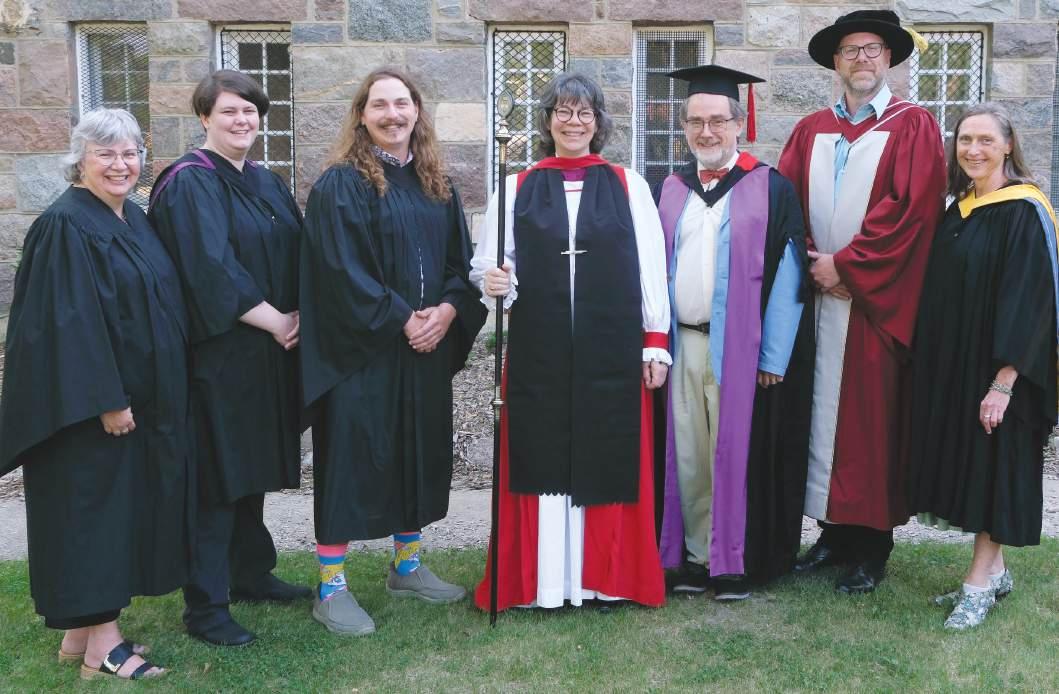
thanksgiving for the academic achievements of all the students, recognized by the presentation of prizes.
At the evening
convocation, the degree of master of divinity was awarded to the Rev. Alexa Wallace, and the degree of master of theological studies was awarded to
Ryan Strong. Thank you to all who made this convocation a glowing success, through your attendance and support for those
receiving degrees, and to the staff of Emmanuel & St. Chad and our STU partners who planned and organized the day’s events.
Submitted
WEYBURN (Qu’A) — Deacon Debbie Hubick died on July 27, following a lengthy illness. Even while she was in hospital, she continued her diaconal ministry, visiting with other patients and praying with them.
Born in Moose Jaw in 1955, Hubick grew up in the small town of Ernfold, where she attended the Anglican church, but was not baptized or confirmed. She returned to the church in 1977 after she and her husband, Stan, moved to Weyburn and their daughter, Kalie, was born. She and Kalie were baptized together in 1984, and Debbie was confirmed that same year. Gradually she became more and more involved at All Saints, serving on many church committees, on vestry, and eventually becoming a warden.
She did not yet feel
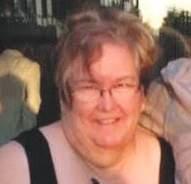
the call to ministry, but began studying through Qu’Appelle School of Mission and Ministry, and attended summer school. During her first experience with summer school, she did feel the calling. She recalled, “I knew God was polishing me for something.”
The courses and interviews t prepared her for ordination took at least six years, and Hubick said later, “It’s God’s time as to when things happen.” She was ordained Deacon on March 24, 2018, by Bishop Rob Hardwick.
Even before she was ordained, Hubick
organized and led church services. For years she conducted the annual Tree of Love service in Weyburn, an evening service in December, recognizing that the Christmas season can be difficult for thebereaved.
The program also raised money, which was distributed to individuals in need in the area, and to organizations like the food bank. Blaine and Marlene Ward had started the program and did the administration, but Hubick was deeply committed to the Tree of Love service, even in the past year when she was ill.
Hubick worked at the Weyburn General Hospital for 36 years, and was CUPE union president for 20 years. Her work had an impact on her union, and to the labour movement locally, provincially and nationally.
In her final days, Hubick focused on those
with whom she worked and loved; making sure they would be OK, and reminding them that it is up to them to lift up the mantle and carry on the work. She also told them to be gentle on themselves in grief and to go forward and live.
Hubick donated her deacon’s stoles to the diocese, so that they can be used by clergy doing a transitional diaconate, and who therefore would only use deacon’s stoles for a short time until they are ordained as priests.
She donated her robes, which are used by priests and deacons, for whomever they will fit. New robes and stoles can be quite costly, so these donations will be appreciated by clergy in the future.
All Saints, Weyburn, was full for the funeral on July 31, with Archdeacon Catherine Harper officiating and preaching.
Bishop Helen Kennedy
also attended, and said the blessings, commendation and committal with Harper.
Eleven Anglican clergy attended, and four clergy from the Weyburn Ministerial Association. Ecumenism was very important to Hubick.
Harper had known Hubick for many years — first when Harper was priest at Weyburn, then when Hubick attended QSMM courses, and later when Hubick was a deacon of the diocese and Harper was part of the diocesan team in the Synod Office.
Hubick chose the Bible readings from Micah: Act justly, love mercy, and walk humbly with your God (6:8) and the Beatitudes, because she was focused on justice and mercy in the world.
The closing hymn was Sister, let me be your servant, which Harper said was “the song of all deacons.”
By Joanne ShurvinMartin, with thanks to Kate Berringer
(Qu’A) — Although the weather was far from ideal, participants at the second Women’s Craft Weekend Camp had a great time.
Held June 20 to 22 at Camp Harding, the weekend included two sessions of card-making, daily worship, excellent meals and plenty of time for working on personal craft projects, reading, relaxing, and even enjoying the campfire as the intermittent rain meant no fire ban in the park.
Camp director Kate Berringer brought all the equipment needed to create elegant cards and demonstrated how to achieve them.
It was interesting to see how each woman, using the same materials, created individual cards — no two the same.
Bishop Helen Kennedy was chaplain for the weekend, leading Compline both evenings and Eucharist on Sunday morning. The plan to worship in St. Mary in the Pines outdoor chapel was rained out.
The bishop spent her free time working on a very large quilt and knitting socks. Other participants’ hand work included knitting, making Anglican prayer beads and using yarn and plastic canvas to make bookmark crosses.
Participants all agreed that one of the highlights from the weekend was the food, prepared by Jill Gloin and Lois NisbetWall.
Weather aside, gathering in such a beautiful part of creation allowed opportunities to rest, create, worship, and enjoy each other’s company in a way that gave glory to God.
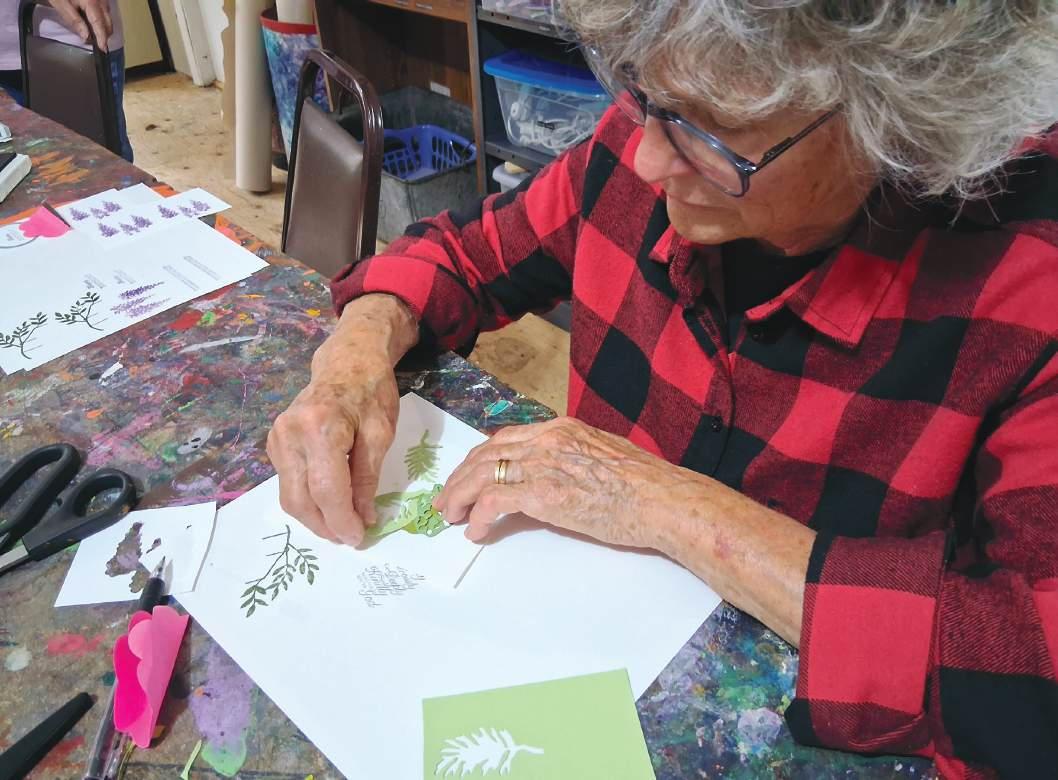
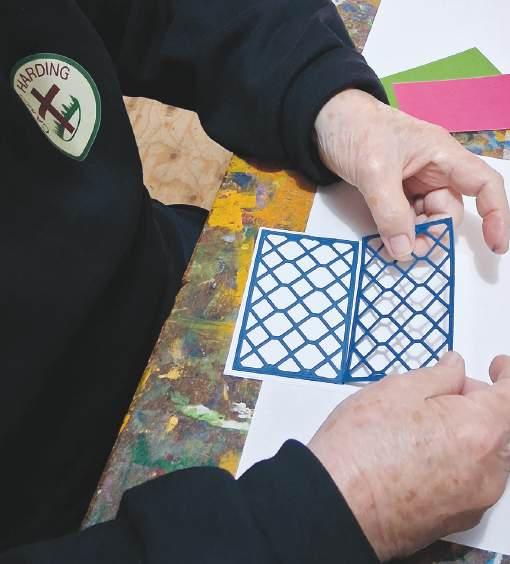

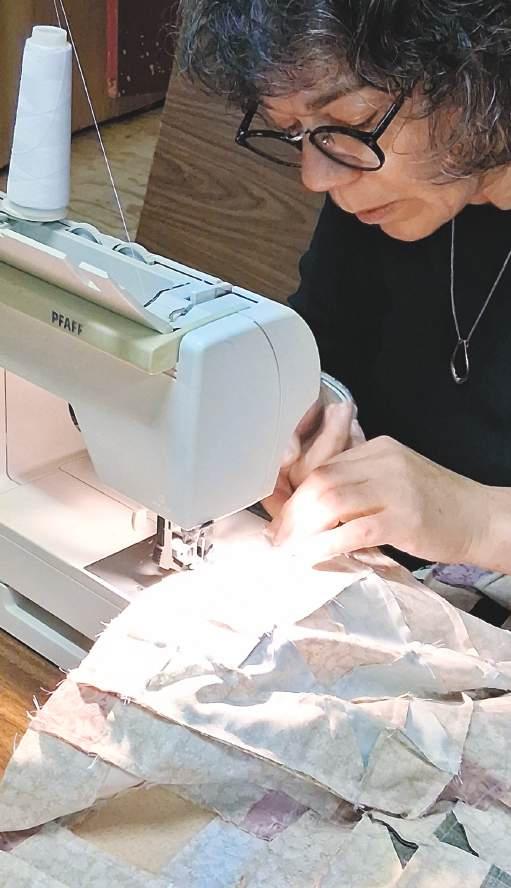
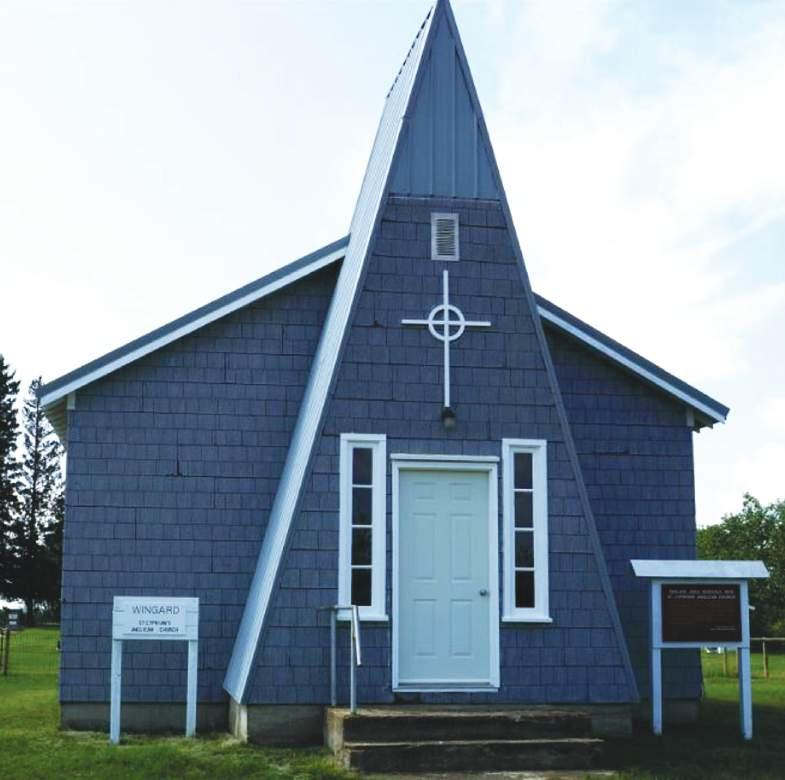
By Wilma Miller
SASKATOON — Where in the world is Wingard, Sask., and St. Cyprian’s Anglican Church?
Wingard is a small farming community within the Diocese of Saskatoon. It was part of a three-point parish consisting of St. Augustine’s, Rosthern; All Saint’s, Duck Lake, and St. Cyprian’s, Wingard.
The easiest way to get there is to head to Duck Lake on Highway 11, north of Saskatoon, then take Highway 212 west, through the Beardy Okemasis Reserve, and continue to the Wingard Ferry sign, and then north.
On a hill close to the North Saskatchewan River is St. Cyprian’s. The first Wingard church, built of logs in 1893, was destroyed by lightning in 1955 and was rebuilt, as the present St. Cyprian’s, within six weeks of the lightning strike, on the same spot, by the people of the district.
With much community support, the annual
service at St. Cyprian’s happens; this year’s service was held on June 1.
Thanks to Pastor Chad Moir and the congregation of the joint LutheranAnglican Church in Rosthern for supporting this service.
The power is no longer hooked up at the church, but a generator was used to have power for the lights and musical instruments. Two guitars and a mouth organ provided the music for the service. With an almost full church, the community gathered for fellowship.
Following the service, there was a potluck lunch at the Wingard Hall, which is just down the road. Everyone enjoyed the visiting and catching up during this time we had together.
A big thank you to the local families who take care of the church building, the cemetery and the hall.
These people care a lot about sharing and preserving the memories of our families for future generations.
By Jacqueline Tingle,
Communications and Marketing Officer, Alongside Hope (with files from Lucinda Congolo, Mozambique Country Director for We Care Solar)
Alongside Hope’s 2025 Wild Ride aims to raise funds to equip eight off-the-grid rural health clinics with life-saving renewable energy. And thanks to a generous donor, all gifts will be matched, doubling the impact!
At Muripotana Health Centre in Nampula, midwife Ancha Amido Abdala used to begin every night shift in darkness, with no lights, no power, and no possibility of admitting patients after dark.
In 2022 that changed, when Alongside Hope (formerly PWRDF) and partner EHALE installed a Solar Suitcase – a bright yellow, wall-mounted box powered by solar panels. Inside, it holds LED lights, a fetal Doppler, headlamps, phone chargers and a thermometer.
Abdala says it made an immediate difference. “There was no way to handle medical materials in the dark,” she recalls. After lighting went live, women began coming to the clinic at night; births increased, and transparency improved because the patients’ companions could follow procedures clearly.
“I gave birth at night,” said one new mother. “I felt very happy because I could see what the nurse was doing.”
In districts with installations, night-time births rose by about 17 percent, and more than 80,000 babies have been safely delivered since 2016, thanks to the installation of 80 Solar Suitcases across the province. The suitcases are made by We Care Solar.
Now in 2025, the Wild Ride aims to raise $52,000 – enough for eight solar more suitcases. Thanks to a generous donor, all funds will be matched. So for every solar suitcase that is funded, another will be added.
The Wild Ride is part of a larger initiative to
provide 35 Solar Suitcases in Mozambique and 14 Solar Suitcases in Madagascar.
The Coming Alongside Hope with Light project has a total budget of $ 320,000. All donations will be matched, up to $150,000, so $170,000 needs to be raised to ensure all 49 suitcases will be installed.
The Wild Ride has attracted fundraisers of all kinds from coast to coast. A veteran cyclist of the Wild Ride and its predecessor, the Ride for Refuge, Bishop Lynne McNaughton of the Diocese of Kootenay is ditching her bike this year in favour of walking 200 km.
“I walk a fast 2 km up into the orchards near my house, a steep climb up onto the ‘bench’ where I can see a stunning view of Okanagan Lake. One Saturday at the end of the summer I’m inviting people to join me for a 5 or 10 km walk in a forest park in Kelowna.”
Bishop Lynne was inspired to get involved when seeing the Solar Suitcase demonstration at
General Synod.
“The suitcases are a brilliant design, portable and practical. They meet such a crucial need. I love walking and walk anyway so why not make that walk count for joining God in God’s work of mending the world.”
Also in the Diocese of Kootenay, Andrew Stephens-Rennie will walk 450 km in Rossland, B.C.
At St. Timothy’s in 100 Mile House, B.C., the name says it all. Shelby Byer is organizing parishioners to walk 100 miles. And Joy Gothard is spearheading the Kamloops WaySeekers of St. Paul’s Cathedral as she rides her e-bike from Kamloops to St. Peter’s in Monte Creek five times (200 km).
She also plans to host a walk in the alpine meadows of Sun Peaks. Located in the Territory of the People, the people of St. Timothy’s and St. Paul’s are following in the footsteps of their Bishop, Clara Plamondon.
Bishop Clara is creating 50 prayer flags. “I love the idea of creating a visual symbol of our prayer for the people and
communities that will be supported and helped through this initiative,” she says.
“I will be making the prayer flags from various fabrics and colours with a focus on Mozambique and Madagascar. As I create the flags, I will be taking time to learn about these two countries, their culture and ways.
"I will be praying specifically for those who will benefit from the gift of these solar suitcases.”
This connection between prayer and action is important to Bishop Clara.
“The Wild Ride allows us to join our shared mission and ministry efforts with the global community. I have wanted to do something for the Wild Ride for quite some time, and I wanted to encourage others to do the same. My inspiration is Betty Davidson from Yukon who is known for crocheting baby blankets for Wild Ride. She reminded me that there are many creative ways to raise funds for this important work.”
Continued next page
Continued from page 23
Indeed, Betty Davidson has been crocheting baby blankets for the Wild Ride for many years and intends to again make 10 this year.
“The solar suitcases provide the light needed to help mothers give birth safely and give them security and confidence,” says Davidson. “During the year, I make baby blankets for those having babies, or who have family members or friends throughout Canada having babies.”
Having a safe birth hits home for Davidson.
“I was medivaced to Whitehorse when my son was born and I can’t imagine how difficult it would have been to have been in the situation I was in, if there had been no light and no electricity.
"I really want to be a part of helping Alongside Hope in their desire to help the mothers, doctors and nurses of Mozambique and Madagascar.”
Jasmine Sandham, a parish rep at St. Paul’s, Thunder Bay, also has a personal motivation. “My mom’s pregnancy with my younger sister was highly complicated. And if they had to deliver her in darkness, both probably would have died.”
Also a veteran Wild Ride participant, this year Sandham is organizing a six-hour art bee.
“I join every year because I feel that it’s a good way to get my church involved in an amazing project along with the rest of the Anglican Church of Canada,” she says.
St. Paul’s is one of nine parishes in the Thunder Bay North Shore Deanery walking for the Wild Ride, and in honour of Archbishop Anne Germond’s ministry. “My goal is to have at least ten people from St. Paul’s join either the walk or the Art Bee,” says Sandham.
The Venerable
Bill Mous, Executive Archdeacon of the Diocese of Niagara, is cycling 85 km from Port Weller to Port Colborne and back along the Welland Canal Trail for his Wild Ride.
“Our family has been blessed by having wellequipped midwives attend the births of our children,” says Bill. “Through this project, we’d like to do the same for families in Mozambique and Madagascar.” His goal is to raise $6,500, enough for one suitcase.
On the east coast, the team from the Diocese of Eastern Newfoundland and Labrador has participants kayaking and hiking. Maxine Drover is Hiking for Hope and Christine Lynch is kayaking 200 km.
These efforts will make a big difference for midwives like Abdala. The Solar Suitcase is a tool that transforms the quality of care. She explains that even during suturing, the

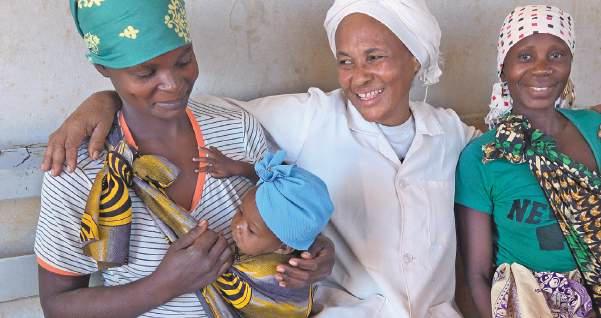
“Will this baby cry?” asks the mother. Beneath the steady glow of light provided by a Solar Suitcase, midwife Ancha and her team resuscitate the newborn. That light is the difference between life and loss.
Together we can continue to bring safe, reliable light and electricity to health clinics in Mozambique and Madagascar. The Solar Suitcase helps health workers care for women and babies, even after dark.

Scan the QR code to make your gift, or visit alongsidehope.org/solar-suitcase, or call 1-866-308-7973




, doubling your impact.




room is bright enough to explain and demonstrate each step to women and their companions.
In one emergency, the light made it possible to resuscitate a preterm baby that wasn’t crying and begin immediate skin-to-skin contact with the mother.
That visibility builds trust. “At first, community members didn’t always respect me,” Abdala says. “But when they saw what I could do with the Solar Suitcase, attitudes changed. Now almost everyone respects my work.”
Even clinics that already have inconsistent grid power benefit from the solar backup. Abdala adds, “I ask that this be provided to other centres – even those connected to the grid – because electricity alone isn’t always enough.”
How to Help
It’s not too late to
join the Wild Ride and help provide clinics with renewable energy in Mozambique and Madagascar!
The Wild Ride continues until the end of October and anyone can take part – a group or an individual. Walk, cycle, knit, bake, paddle, pray, sing - choose any activity you enjoy. Register as an individual or as a team and help us raise funds for eight solar suitcases – which will become 16 with a matching gift!
Register today at AlongsideHope.com/ Wild-Ride. And if you have any questions or need help, please contact our Volunteer Coordinator, Kim Umbach at kumbach@alongsidehope. org
Can’t join the Wild Ride this year? You can still help provide solar energy in Mozambique and Madagascar. Give at alongsidehope.org/wildride.
Submitted
ANGLICAN NEWS SERVICE — 2025 marks 80 years since the nuclear attacks that were instrumental in ending the Second World War. The atomic bombs detonated over Hiroshima on August 6th and Nagasaki on August 9th 1945, resulted in devastating loss of life.
This year, the House of Bishops of Nippon Sei Ko Kai (the Anglican Church in Japan) shared a statement emphasising their continued commitment to peace, reconciliation and reparation. Their statement is in full below.
Message from the House of Bishops: On the 80th Anniversary of the End of the War, “Have salt in yourselves, and be at peace with one another.” (Mark 9:50).
We pray that the joy of the Lord’s resurrection and His peace be with all who are part of the Nippon Sei Ko Kai (NSKK, the Anglican Church in Japan).
This year, 2025, marks 80 years since the end of the Asia-Pacific War. Although the war ended with Japan’s defeat, around 20 million people across the Asia-Pacific region, as well as many within Japan, lost their lives.
Even 80 years later, the wounds caused by the war have not fully healed. In particular, we remember with repentance and sorrow that reconciliation and peace with the nations Japan invaded have yet to be fully realised.
On this 80th anniversary, we pray for those who lost their lives in the war, and for those still suffering its aftermath. We also want to reaffirm the role of the NSKK in striving for global peace.
Almighty God, source of truth and peace, as we mark 80 years since the end of the Asia-Pacific War, we remember all those who sacrificed their lives in the war, and entrust them into Your deep compassion.